Fluency News 55
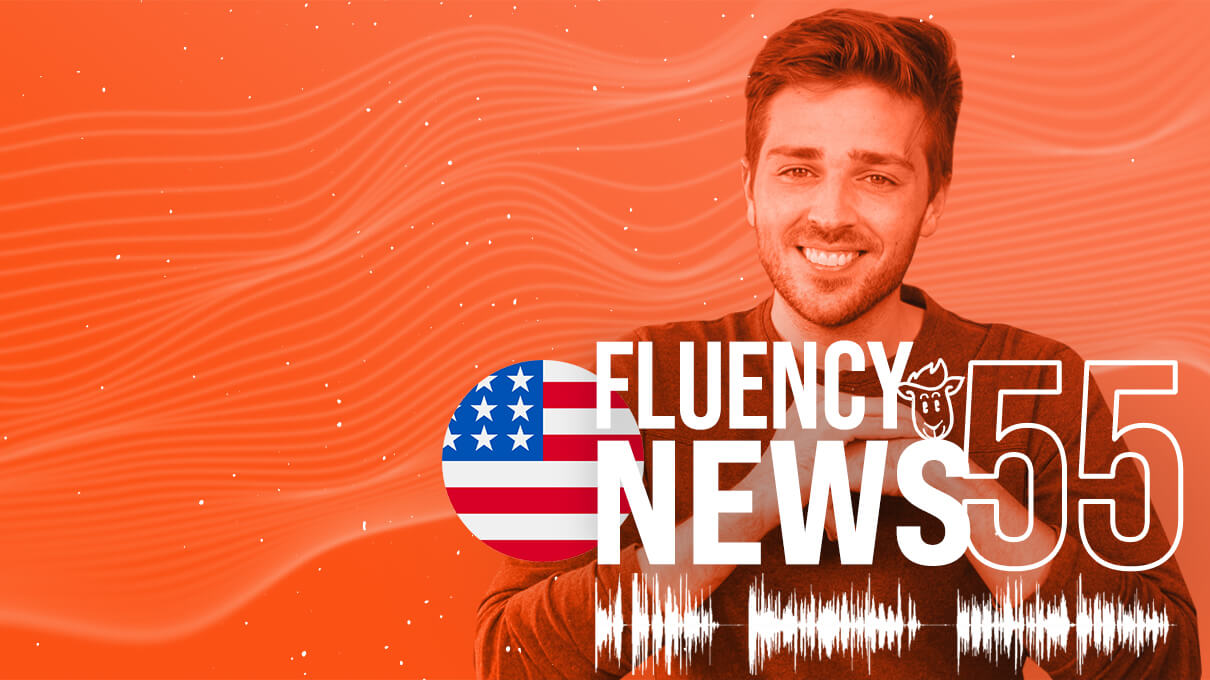
Sejam bem-vindos e bem-vindas a mais um episódio da nossa série de podcasts, o Fluency News!
Navegue pelo conteúdo
Hello, everyone!
Sejam bem-vindos e bem-vindas a mais um episódio da nossa série de podcasts, o Fluency News! Aqui, você vai treinar a sua escuta e ficar por dentro do que está acontecendo no mundo, sempre com as principais notícias da semana, tudo em inglês! Ao longo do episódio, nós também adicionamos explicações em português das coisas que achamos que precisam de mais atenção, assim você não perde nenhum detalhe!
No episódio desta semana, você vai escutar sobre o vazamento de óleo que está ameaçando a vida de nove milhões de pessoas no Iêmen. Também falamos sobre a decisão de Bolsonaro de impedir a distribuição de absorventes sanitários para pessoas necessitadas e a decisão e acordo de Ontário de fazer o oposto. Também falamos sobre o tratamento que pode erradicar a doença de Lyme e sobre um caso judicial muito peculiar.
Nós temos uma página de dicas de inglês no Instagram, vá conferir! @fluencytvingles
Toda semana, temos um novo episódio do Fluency News, não deixe de escutar! See you!
Este episódio foi escrito por Lívia Pond.
Episode Transcript
What is up, everyone! I’m Scott Lowe and let me welcome you to Fluency News! Thank you so much for joining us today, for sparing a moment of your time to hear about this week’s most relevant news and to put your English in practice.
You already know, but let me remind you. If you’re listening to us through a streaming platform, like Spotify, Apple Podcasts or Deezer, we’d like to invite you to check out our content portal, fluency.io. There you’ll find the transcript of this episode, all of our sources, and so, so many free lessons in seven different languages for you to enjoy. Again, it’s fluency.io.
Now how about we just jump into it?
We start today’s episode with the oil leak that threatens millions of people in Yemen. The impact of the spill in the Red Sea from a tanker that is rotting in the water could be far wider than anticipated. Around 9 million people might lose access to running water, and Yemen’s Red Sea fishing stock may be destroyed within three weeks.
A team of researchers from Stanford University, Harvard University, and UC Berkeley released the findings of their models on the impact of an oil spill from the FSO Safer in a paper published on Monday, October 11, in the Nature Sustainability journal.
The researchers stressed urgent action was required to stop a “looming disaster” that would worsen the country’s humanitarian crisis.
“The spill and its potentially disastrous impacts remain entirely preventable through offloading the oil,” the study said.
FSO Safer has not been maintained since the start of the conflict in Yemen in 2015, and negotiations between the United Nations and Yemen’s Houthi rebels, who control the ship and the area of Yemen’s coast nearest to it, remain at a standstill.
The oil tanker now lies practically abandoned, with only a skeleton crew on board. However, it also contains 1.1 million barrels of oil, an amount that is four times the amount spilled in the world’s most environmentally damaging oil spill – the 1989 Exxon Valdez disaster.
An oil spill was already averted in May 2020 when a leak in the engine room was patched up, but a spill could occur at any time due to continued deterioration, or a build-up of flammable gases, among other things.
The area of the Red Sea that would be affected by any oil spill is also home to several desalination plants that provide clean drinking water for people, including in Saudi Arabia and Eritrea, and fisheries that provide an income to millions of Yemenis.
Away from the coast, the researchers modelled the potential for air pollution to spread following a spill, and found it could reach central and northern parts of Yemen, including the capital Sanaa, increasing the risk of cardiovascular and respiratory health issues.
“With nine million losing access to clean water and seven million losing access to food supplies, we’d expect mass preventable deaths through starvation, dehydration, and water-borne illness. This is further compounded by the expected fuel and medical supplies shortage, potentially inducing widespread hospital shutdowns”, Benjamin Huynh, one of the authors of the paper and a researcher at Stanford University, told Al Jazeera.
The damage to Safer is now believed to be irreversible, meaning steps need to be taken to make some repairs, and then safely remove the oil from the ship.
The deadlock between the UN and the Houthi rebels means that the potential for a disaster increases each day.
Você sabe a diferença entre maybe, may be e might? Maybe, escrito junto, é um advérbio que adiciona uma noção de incerteza em outros verbos. Ele pode ser traduzido para “talvez”. Por ser um advérbio, ele não é parte realmente central da frase. May be, escrito separado, é uma combinação do verbo modal may com o verbo be. Ele pode ser traduzido em uma frase normal como “pode ser (que)”. May e might são verbos modais, que acompanham e modificam outro verbo. Eles são usados para falar de possibilidades. O sentido entre eles é o mesmo, mas may pode soar um pouco mais formal que might.
President Jair Bolsonaro’s decision to block a plan to distribute free sanitary pads and tampons to disadvantaged girls and women has been met with outrage in Brazil, where period poverty is estimated to keep one in four girls out of school.
Bolsonaro vetoed part of a bill that would have given sanitary products at no charge to groups including homeless people, prisoners and teenage girls at state schools. It was expected to benefit 5.6 million women and was part of a bigger package of laws to promote menstrual health, which has been approved by legislators.
Tabata Amaral, of the Brazilian Socialist party (PSB) and one of 34 cross-party federal deputies who co-authored the bill, said the president had shown his “contempt for the dignity of vulnerable women” by vetoing the plan last week.
“Bolsonaro says this project is ‘against the public interest’ – I say that what is against the public interest is that girls lose around six weeks of school a year because they are menstruating,” Amaral told the Guardian.
She was among politicians and other groups outraged by justifications given for the veto – including that giving free sanitary products to poor girls and women would “favor a certain group”.
“The veto is absurd and inhumane,” said Rozana Barroso, president of the Brazilian Union of Secondary Students (UBES). “Many students are prevented from studying because they stop attending school due to not having a sanitary pad.”
In May, a report by the UN children’s fund, Unicef, and population fund, UNFPA, found that 713,000 girls in Brazil live without access to a bathroom; about 4 million girls don’t have adequate hygiene facilities at school, such as sanitary pads and soap, and at least 200,000 girls lack even the minimum hygiene facilities at school, such as bathrooms.
Amaral disputed the government’s claim that the source of the 84m reais a year to cover the plan was unclear, saying it had been specified it would be funded by the health ministry and national penitentiary fund. She is leading the campaign to overturn the veto.
Meanwhile, in Canada, Ontario’s government made a deal with Shoppers Drug Mart to offer free menstrual products in all schools.
The three-year program, announced by Education Minister Stephen Lecce Friday, will see six million sanitary pads distributed to school boards across the province annually, which can then be accessed by students in school washrooms free of charge.
Shoppers Drug Mart will foot the bill for the menstrual products, and any dispensers required in student washrooms, while school boards will be responsible for determining which schools should be prioritized for the products to ensure equitable distribution.
“This agreement will help remove barriers for women and girls by allowing them to access products at school, free of charge. It is another important way that we are helping to build more inclusive schools that empower all girls to have the confidence to succeed.”
The program will begin with period pads for the initial phase of the three-year-program, and the government will eventually expand the program to include tampons and other necessary items.
Nessa notícia, nós temos a estrutura stop attending. O verbo stop, que significa parar, pode ser acompanhado de um verbo no gerúndio, como temos aqui, ou por um verbo no infinitivo. Quando juntamos o stop a um verbo no gerúndio, com ING no final, estamos falando de parar DE fazer algo. Por exemplo, parar de frequentar. Quando usamos o stop com um verbo no infinitivo, significa que estamos falando de parar PARA fazer algo. Se eu disser, por exemplo, stop to think for a minute, eu estou dizendo parar para pensar por um minuto.
In some great health and science related news, a new drug treatment for Lyme disease could lead to its eradication.
The discovery that a chemical is deadly to the bacterium that causes Lyme disease but harmless to animals might allow the disease to be eradicated in the wild.
“Lyme disease is well-positioned to be eradicated,” says Kim Lewis at Northeastern University in Boston. “We are gearing up, the first field trial will be next summer.”
Lyme disease is caused by a bacterium called Borrelia burgdorferi that lurks in wild mice. Ticks that feed on the mice become infected and can infect other animals, including people.
The disease is a growing problem in North America, Europe and Asia. It initially causes a characteristic “bullseye” rash and a flu-like illness. If untreated, it can lead to serious long-term problems, such as Lyme arthritis.
At present, it is treated with antibiotics that kill a wide range of bacteria. However, this disrupts the gut microbiome, causing symptoms such as diarrhea, and can also lead to more antibiotic resistance.
Now, Kim Lewis at Northeastern University in Boston’s team has found that a compound called hygromycin A is completely harmless to animals and has little effect on most bacteria, but is extremely deadly to the one that causes Lyme disease.
A company called FlightPath is now filing in the US for the initial go-ahead required before the chemical can be tested in people. Tests in animals found that no dosage of the drug had any ill effects.
Can e could são verbos modais, como may e might, que nós já exploramos hoje. Tanto can quanto could podem ser usados para pedir permissão para algo, ou para indicar habilidade de fazer alguma coisa. Quando estamos falando de habilidade ou capacidade de fazer algo, usamos can para o presente, e could para o passado. Nessa história, temos o can sendo usado para indicar a capacidade do tratamento de erradicar a doença. Quando falamos de permissões, could é mais formal, mas os dois têm o mesmo sentido. Ainda existe um terceiro uso desses dois modais. Eles podem ser usados quando estamos falando de possibilidades, como também é o caso nessa história. Para escolher entre qual dos dois usar, é preciso saber que existe uma diferença sutil entre os dois, nesse uso. Can é usado para falar de algo mais certo, que provavelmente vai acontecer. Ao usar could, pode-se presumir que a probabilidade daquilo acontecer é menor.
And now a story we just had to include, as it is both adorable and impressive. A 6-year-old girl sued Egypt’s Ministry of Education. And won.
The girl, who was only mentioned by her initials, H.H.S, won a legal case against the ministry after a primary school rejected her enrollment in the second grade, an Egyptian newspaper reported on Saturday.
The presiding judge of the Alexandria Administrative Court, Mohamed Abdel-Wahab Khafagy ordered compensation to the little girl for the moral damages she has suffered from after she was deprived of being a second-grade student by Abu El Matamir school, although she passed the first grade.
After her father was relocated, she was enrolled in a school closer to her house, but the principal of the school told her she’d have to repeat the first grade, as she was too young to join the second-graders. Her only other option would be to commute daily to her old school, a three-hour trip – each way.
She saved up money for a whole year to start the lawsuit, as she didn’t want her dad to bear the expenses of the case, explaining he’s a farmer and doesn’t earn “too much”.
After listening to her complaint, the judge ordered the Ministry of Education to pay the little girl LE 3,000 in moral compensation. The judge also stated his verdict is unchangeable.
“Enforcing the girl to re-enroll her in the first grade of the primary school despite her success in the previous year contradicts the modern scientific basics […] moving from one educational stage to another must be based on the principle of merit and excellence, and not on the principle of the student’s age,” the judge said.
“I will take only 100 pounds. My dad will take the rest,” she commented after the verdict.
How adorable and impressive is that? She’s only SIX!
Anyway, it’s on that amazing note that we’re ending today’s episode. As I said, you can find the links to our stories and the transcript of this episode by going to fluency.io.
Você quer ter aulas aprofundadas comigo e com os outros professores da Fluency TV? Você pode se inscrever na lista de espera para as nossas próximas turmas de inglês, espanhol, francês, italiano, alemão, japonês e mandarim. Não fique de fora: aperte o link na descrição desse episódio e faça a sua inscrição 100% gratuita.
And don’t forget, there’s a new episode of Fluency News every week! Peace out.
Stories
‘Looming disaster’: Oil ship leak threatens millions of Yemenis
https://www.aljazeera.com/news/2021/10/11/looming-disaster-oil-ship-leak-threatens-millions-of-yemenis
https://www.theguardian.com/world/2021/oct/11/rotting-red-sea-oil-tanker-could-leave-8m-people-without-water
Bolsonaro blocks free tampons and pads for disadvantaged women in Brazil
https://www.theguardian.com/global-development/2021/oct/11/bolsonaro-blocks-free-tampons-and-pads-for-disadvantaged-women-in-brazil
Ontario government makes deal with Shoppers Drug Mart to offer free menstrual products in all schools
https://toronto.ctvnews.ca/ontario-government-makes-deal-with-shoppers-drug-mart-to-offer-free-menstrual-products-in-all-schools-1.5615927
Drug treatment for Lyme disease could lead to its eradication
https://www.newscientist.com/article/2292543-drug-treatment-for-lyme-disease-could-lead-to-its-eradication/
6yr girl saved LE 100 to sue Egypt’s Ministry of Education; she wins the case
https://www.egypttoday.com/Article/1/108646/6yr-girl-saved-LE-100-to-sue-Egypt-s-Ministry
Playlist
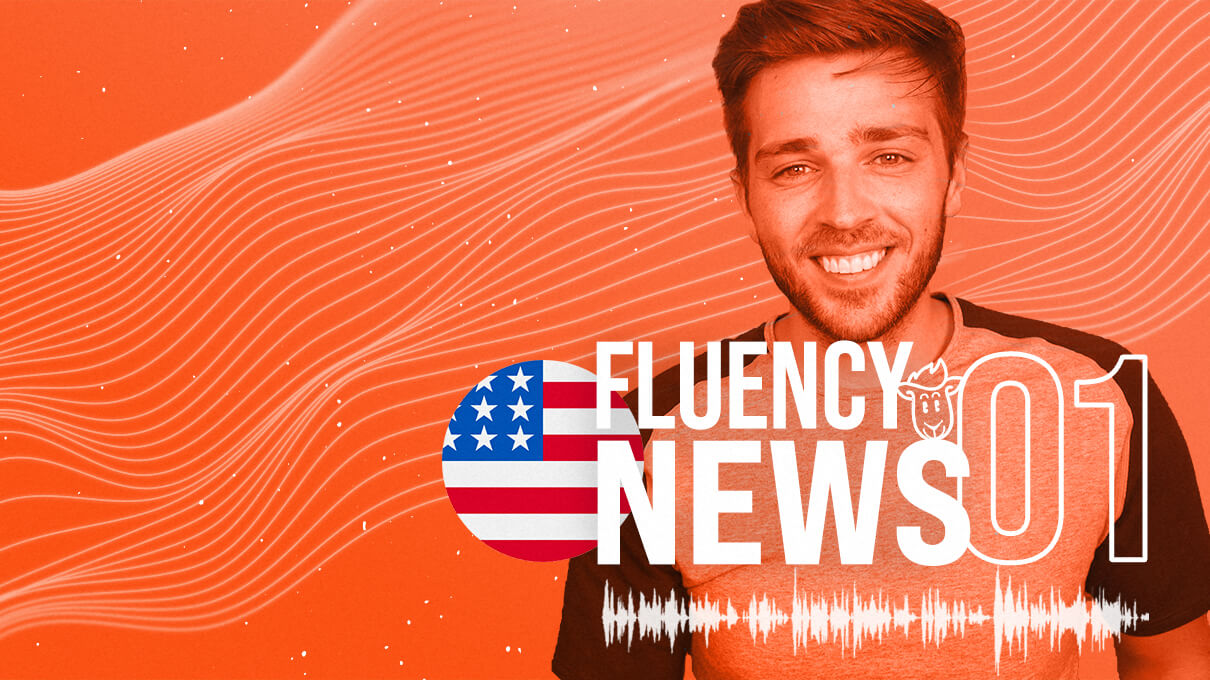
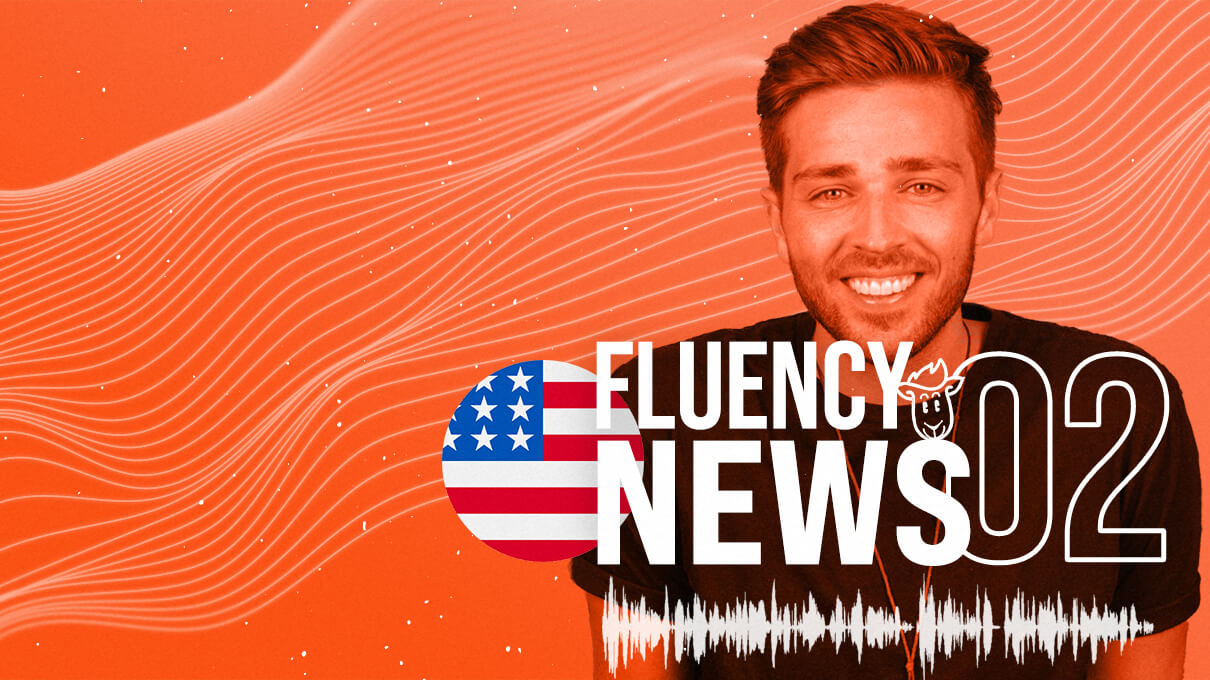
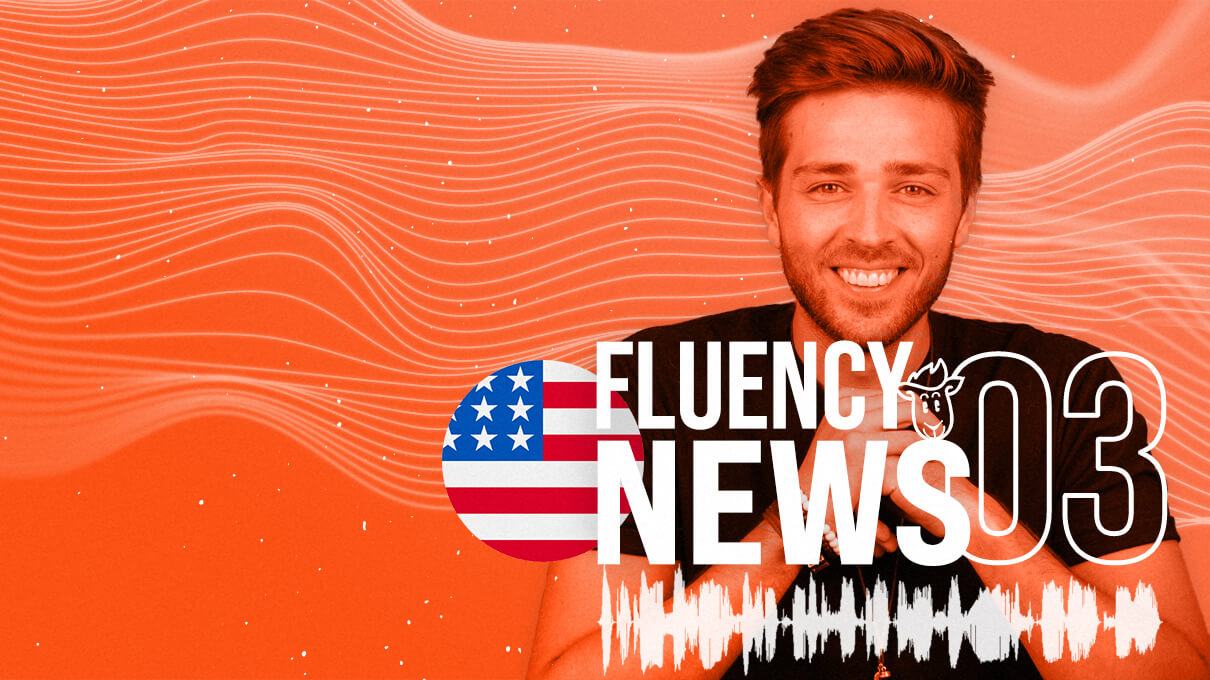
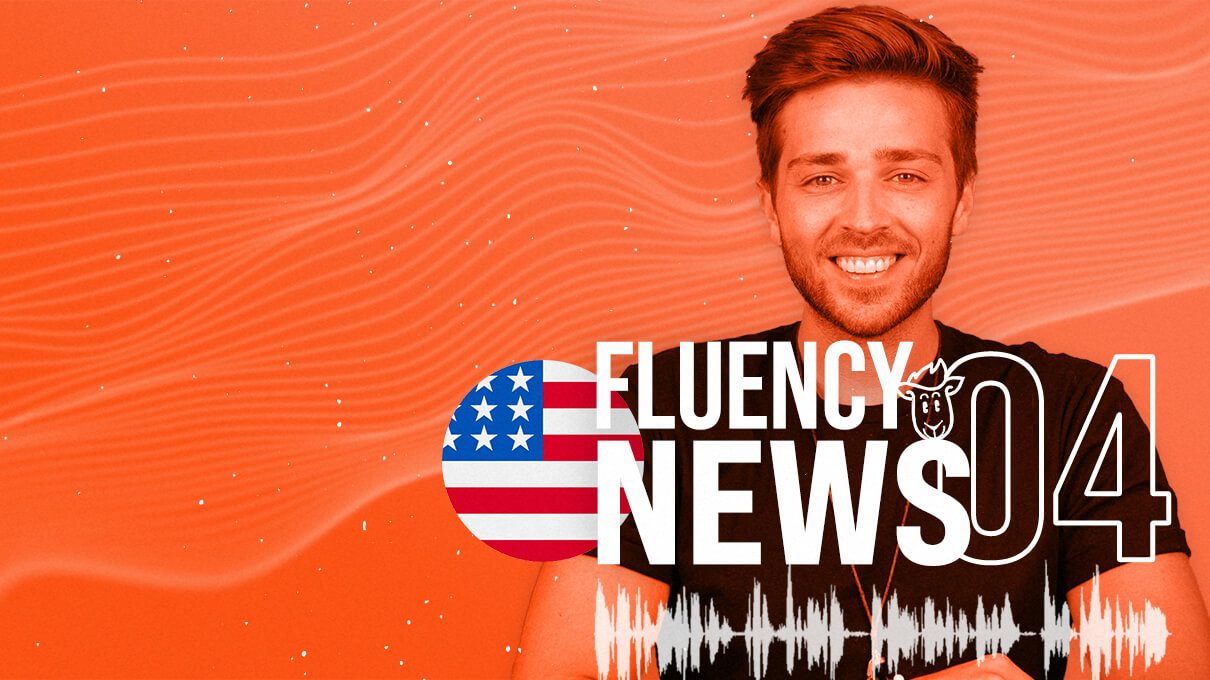
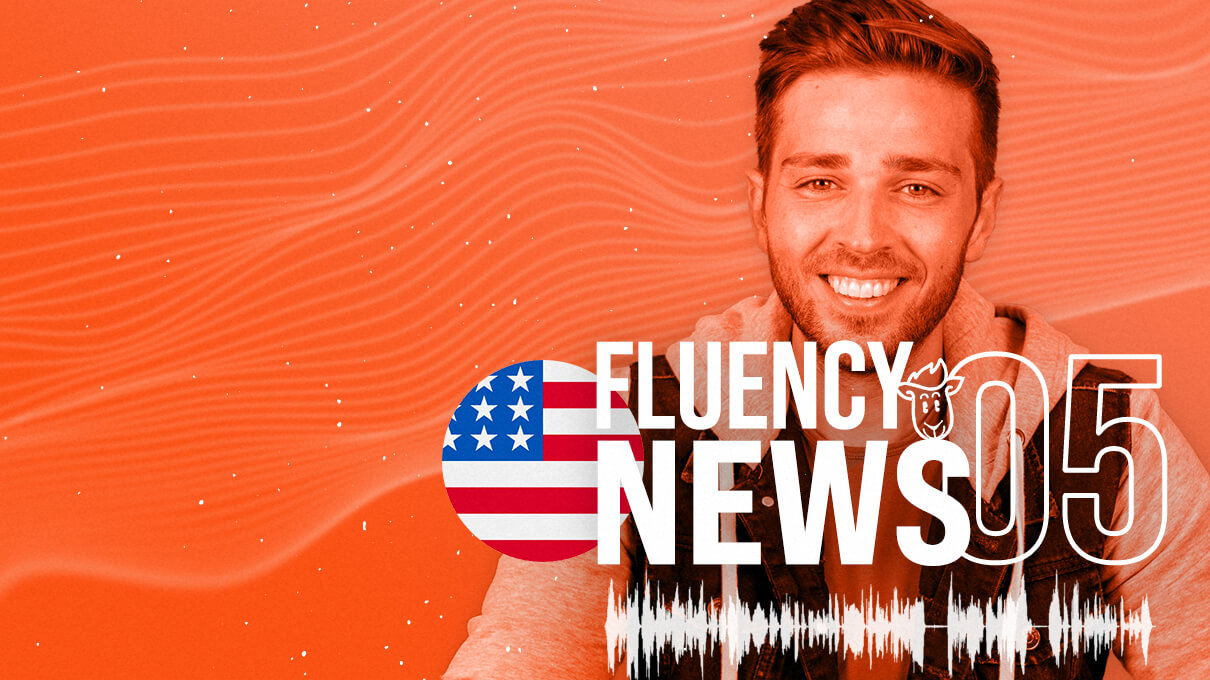
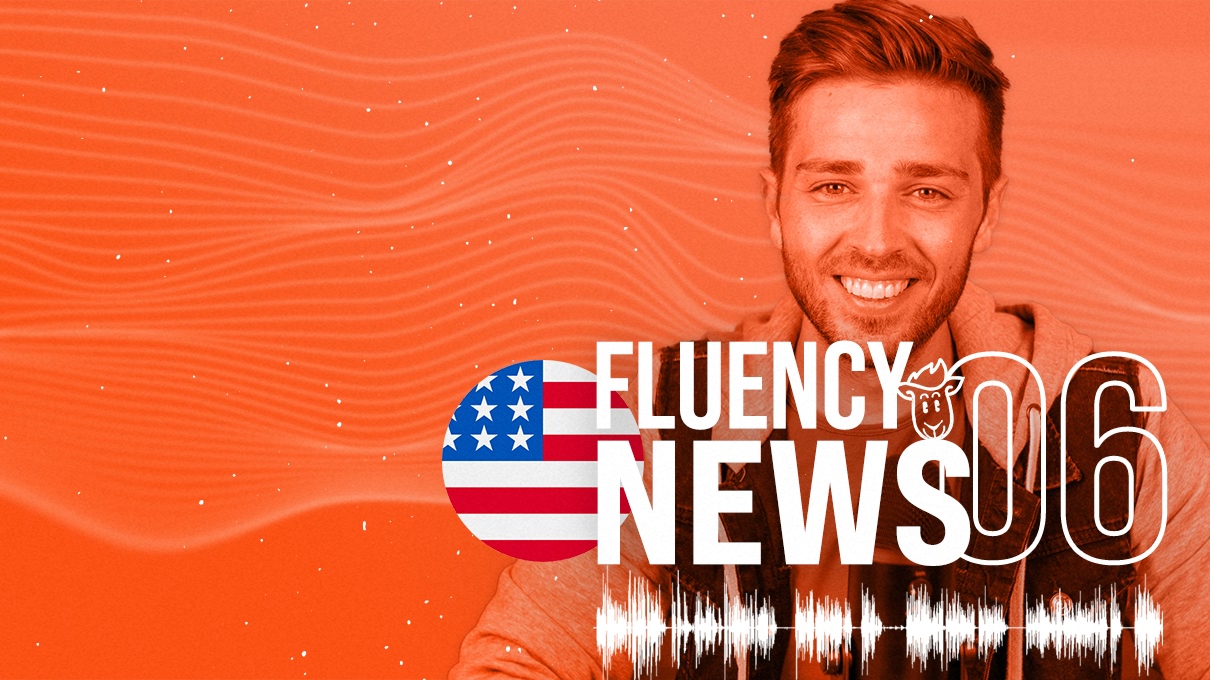


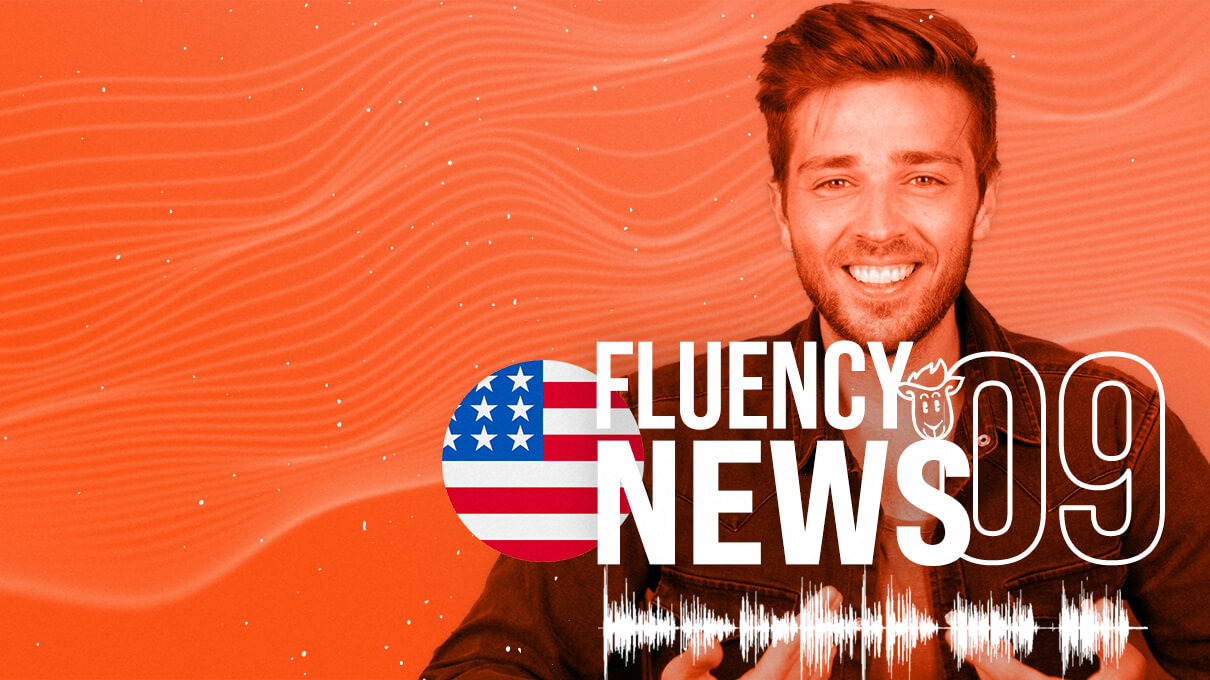














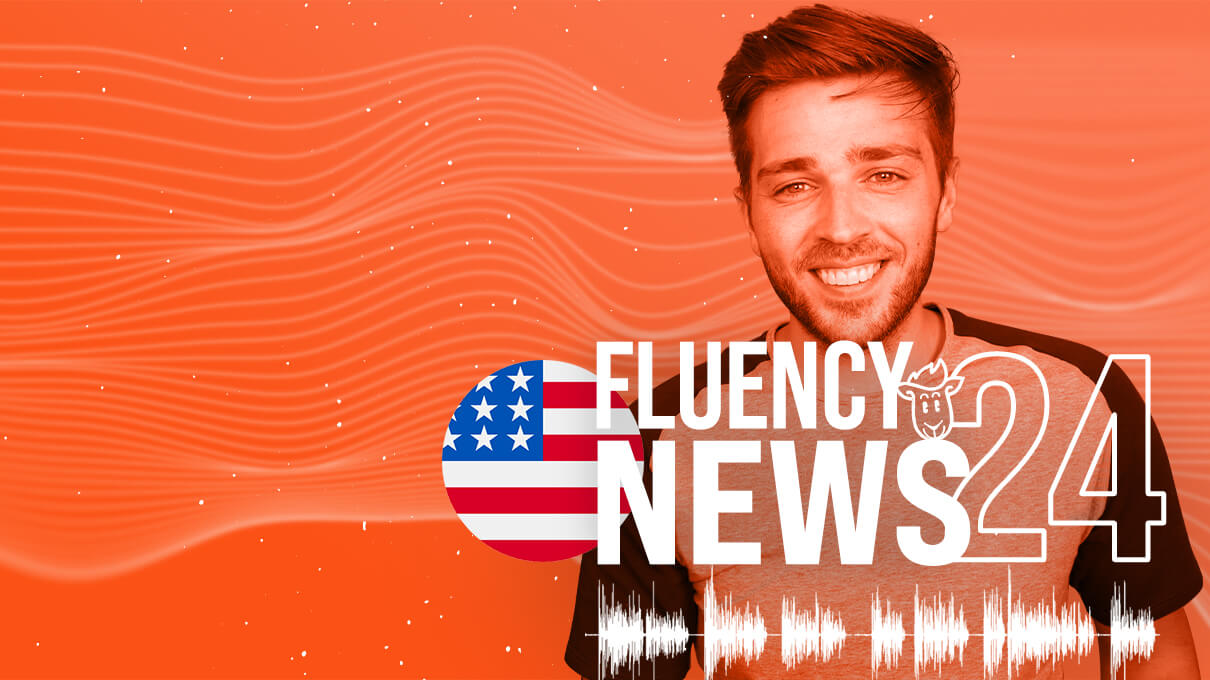


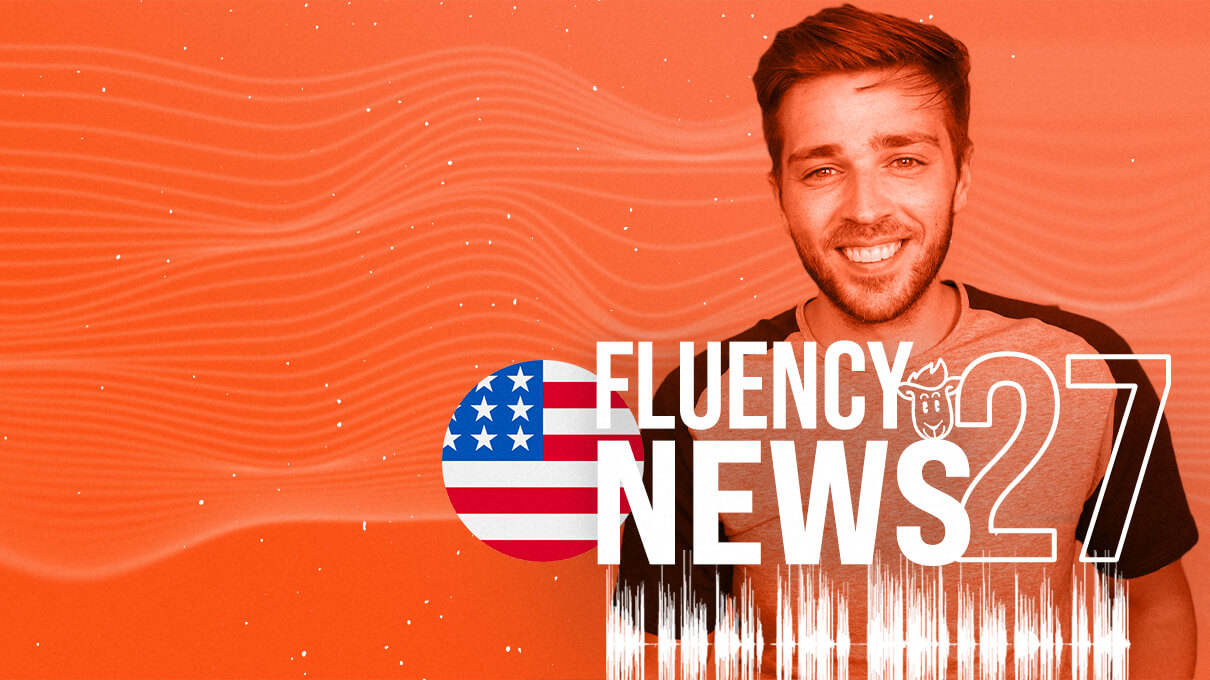



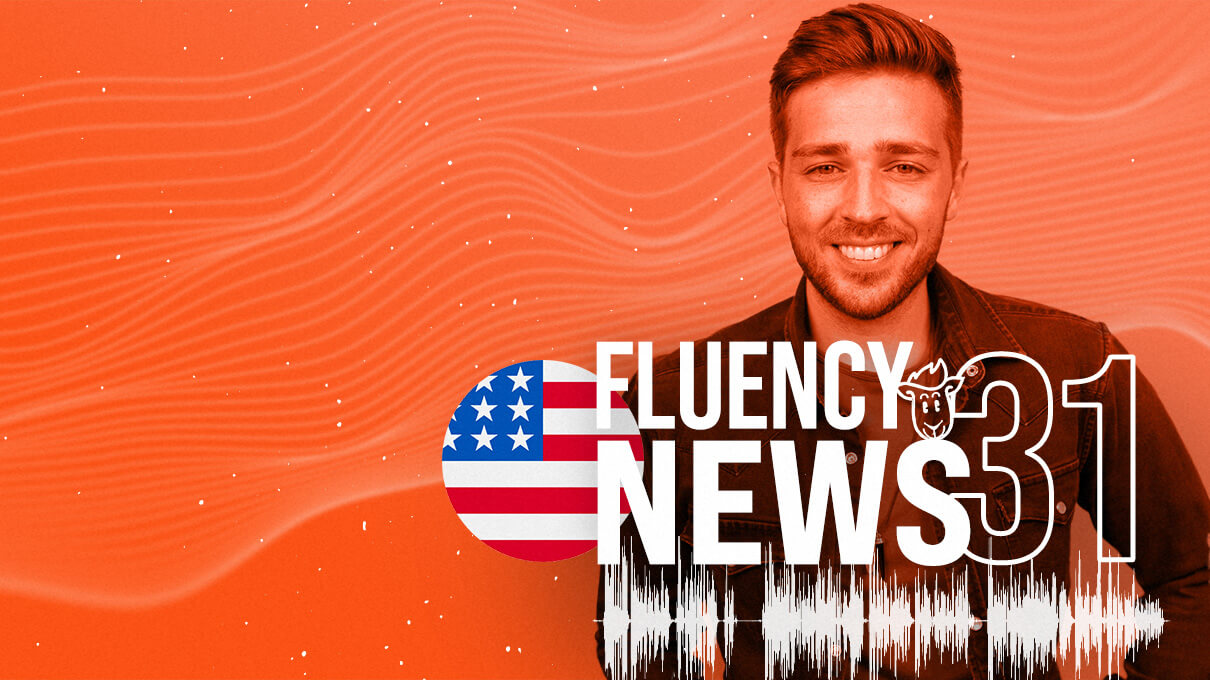


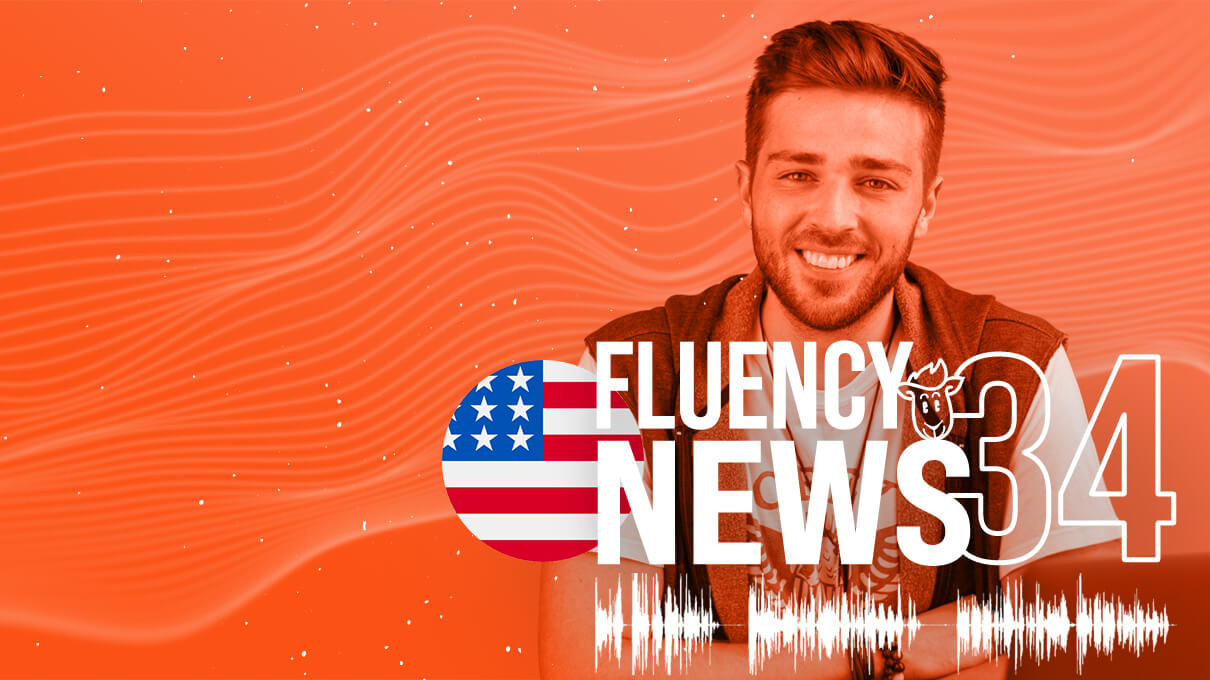
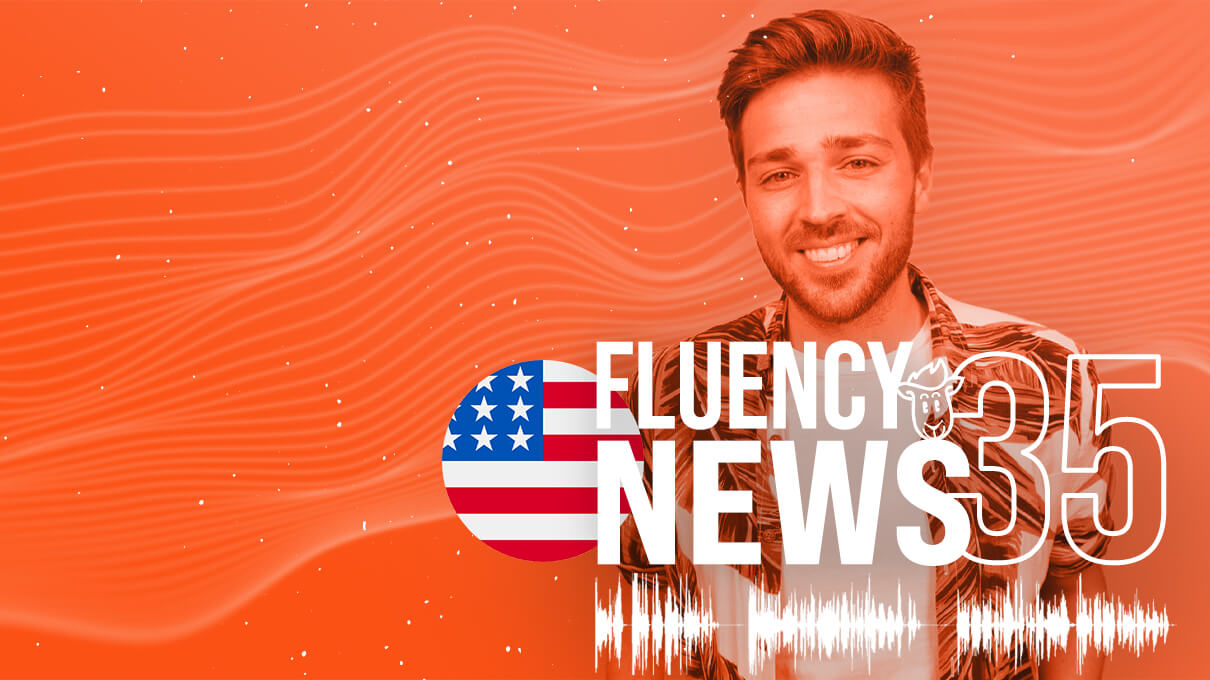
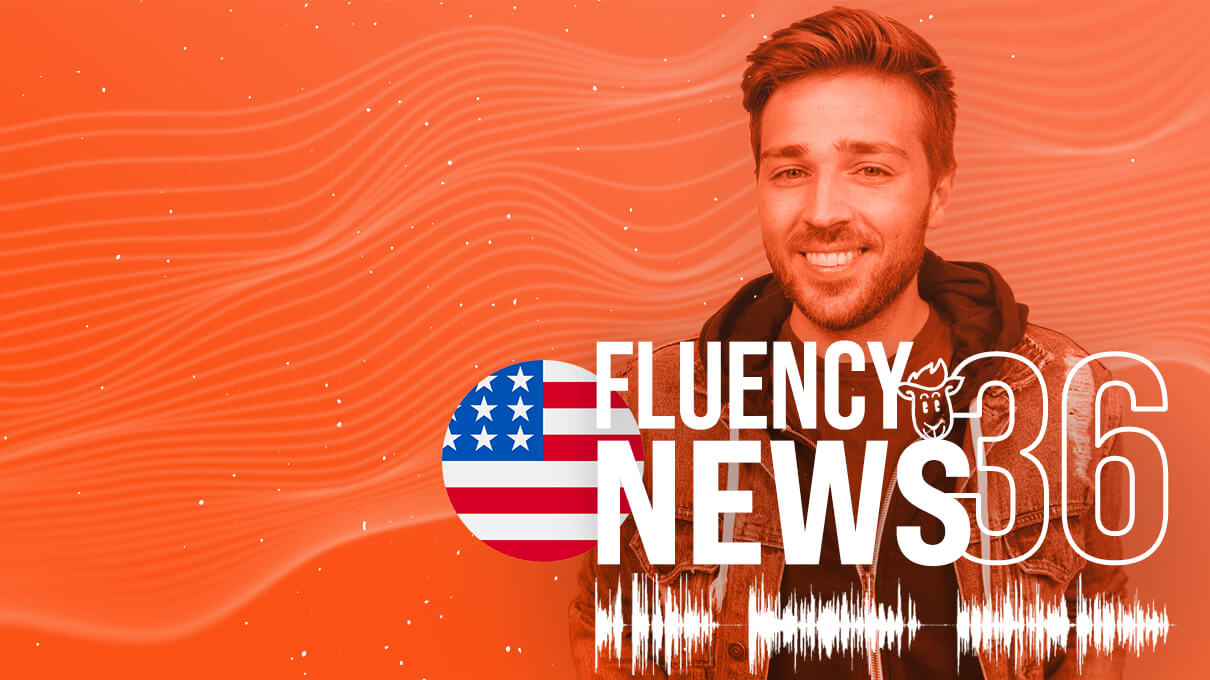
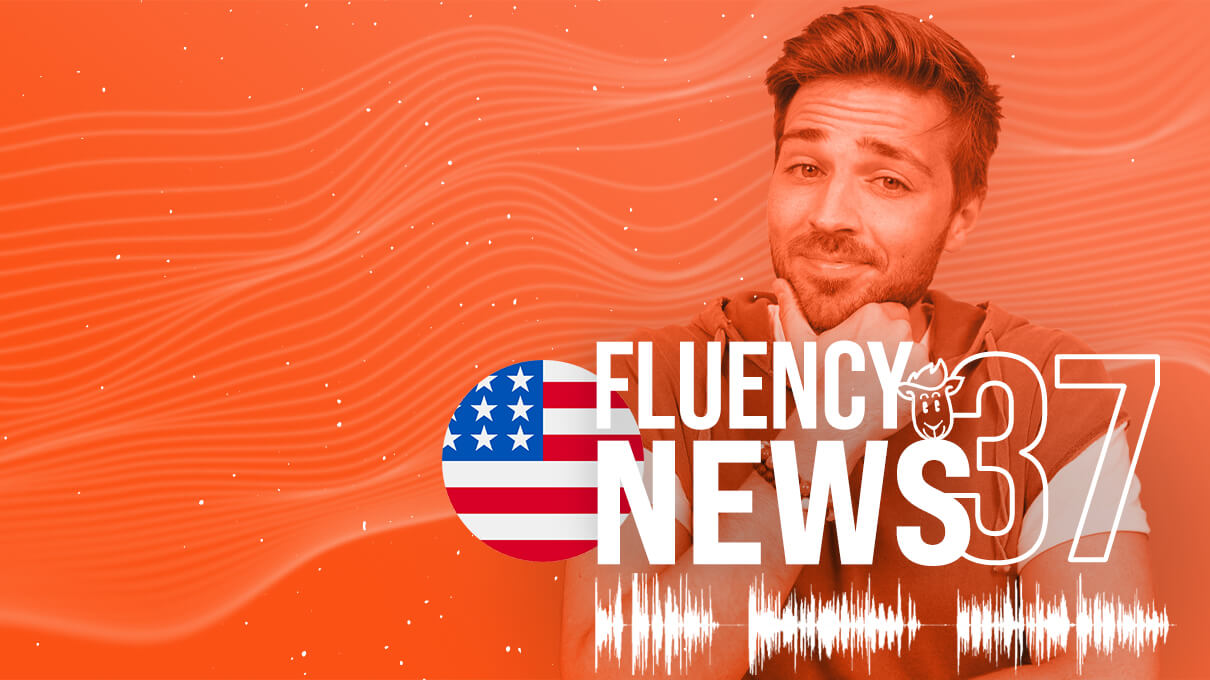

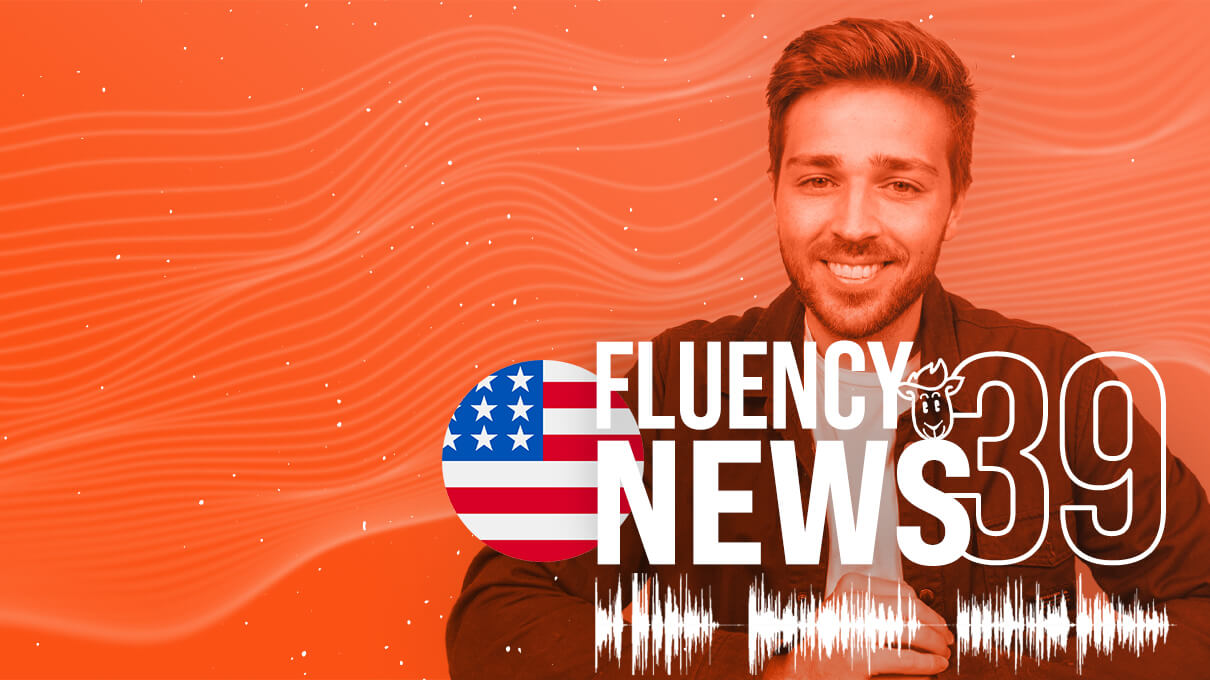
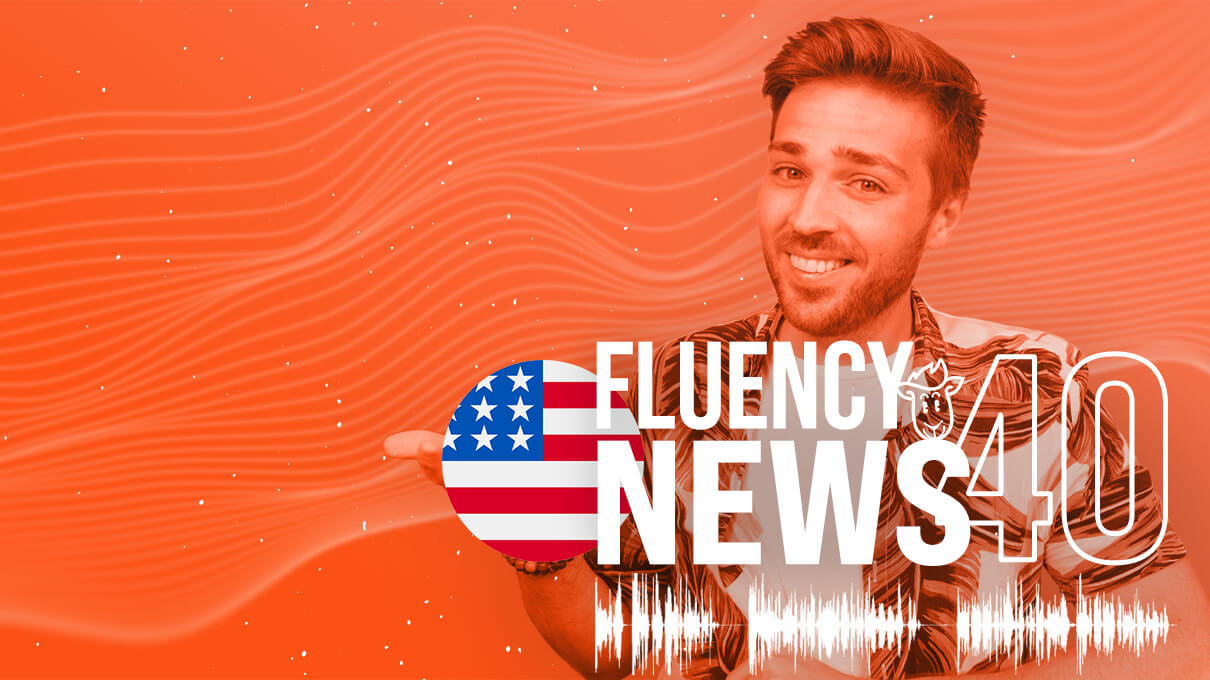



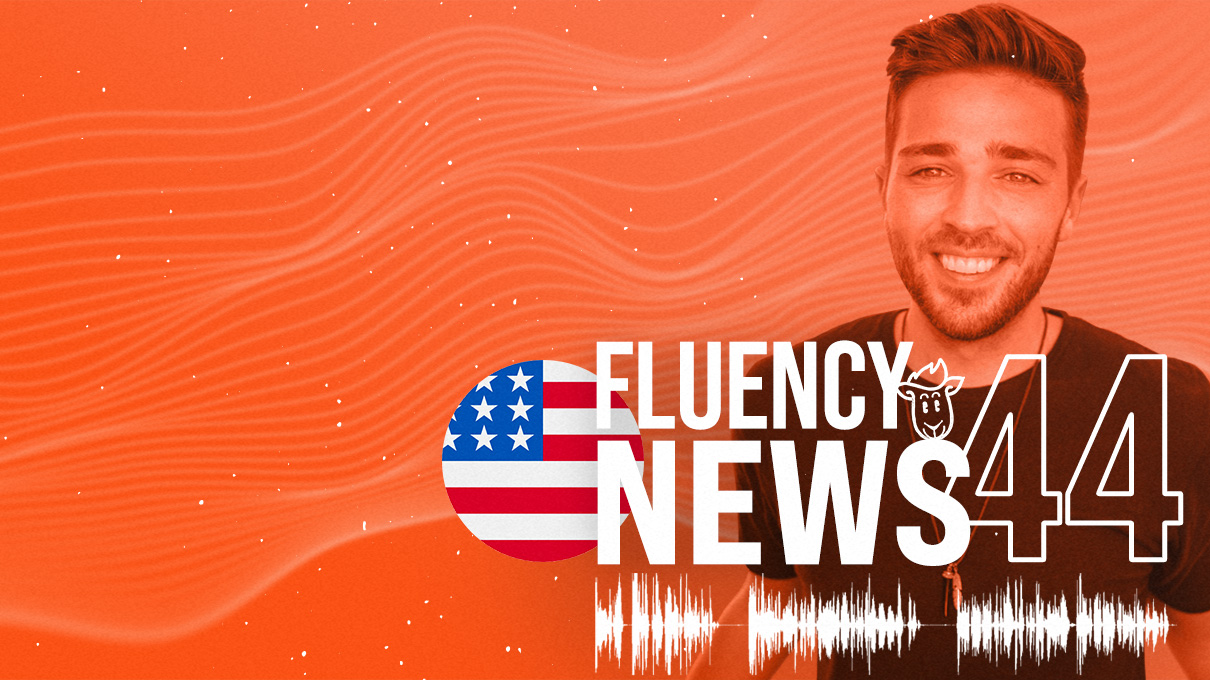
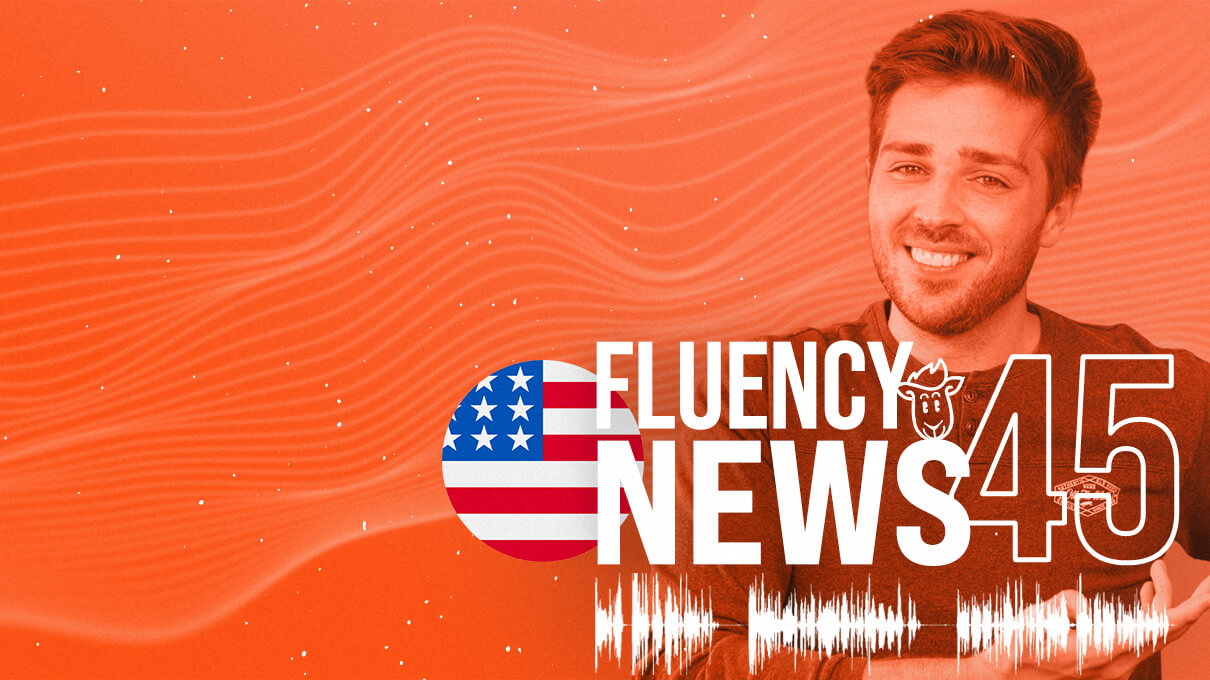
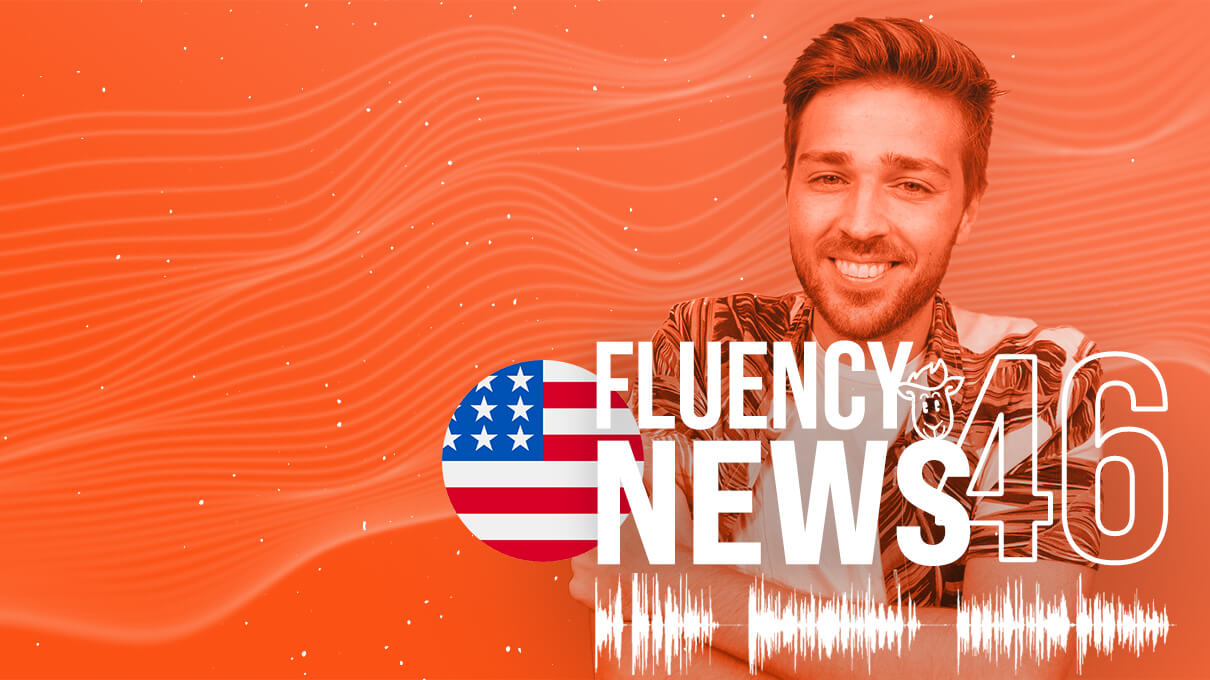
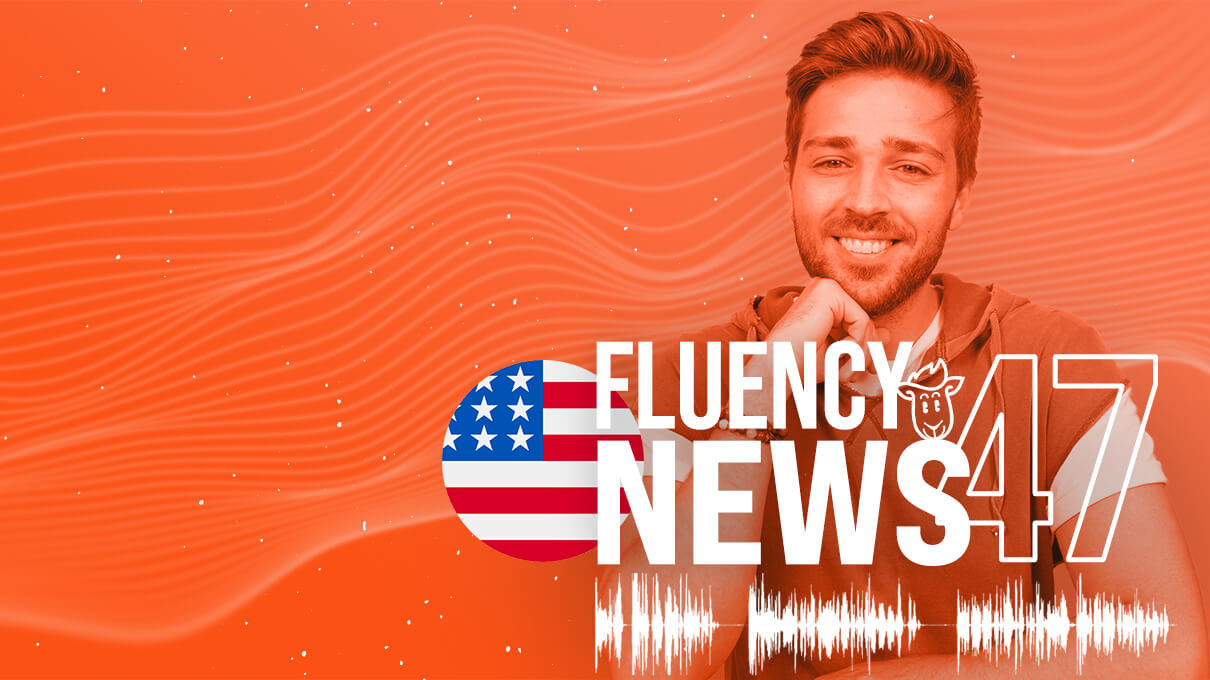
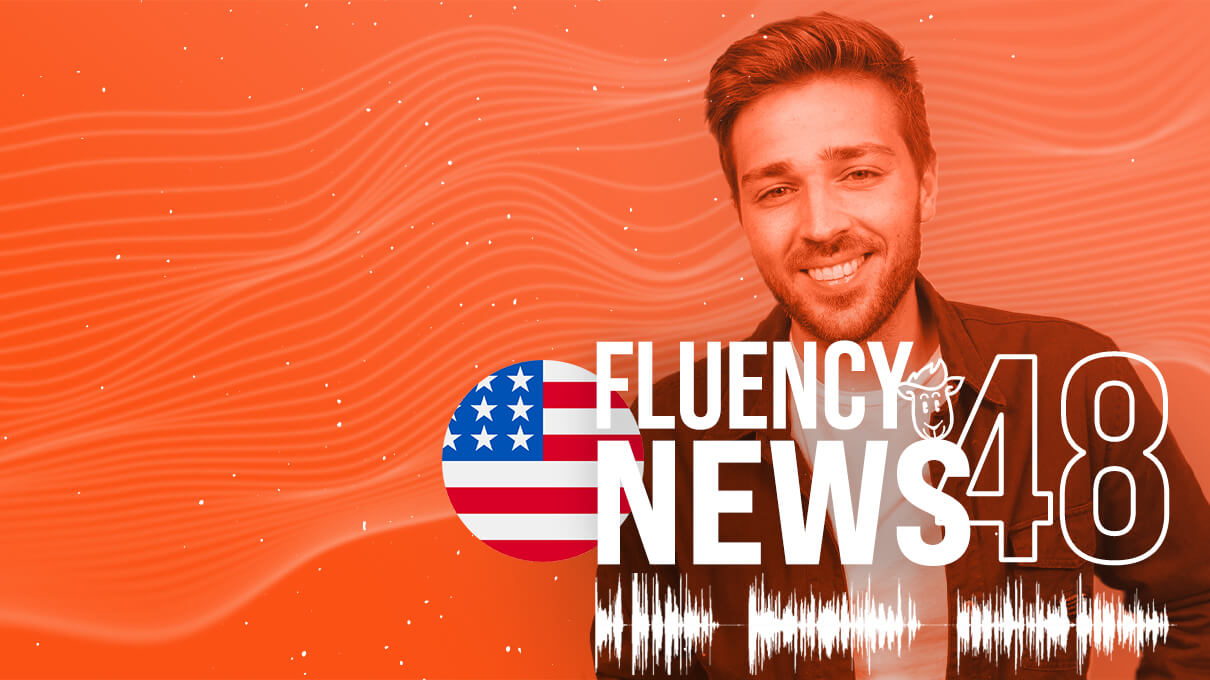
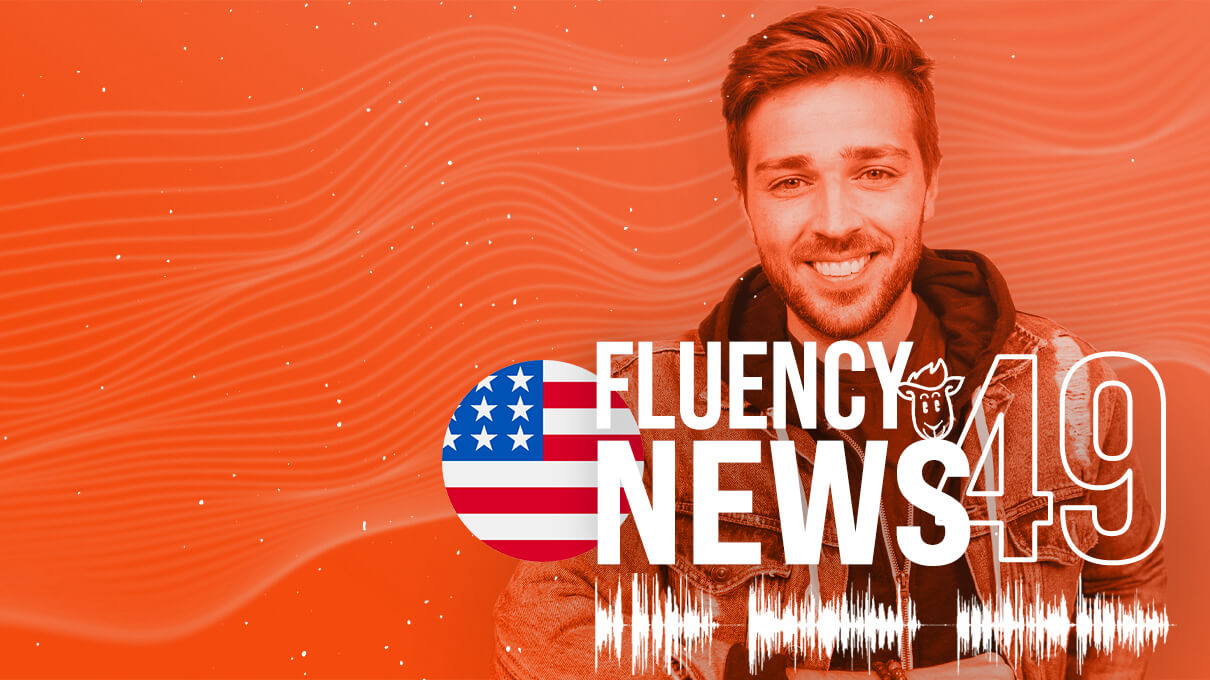
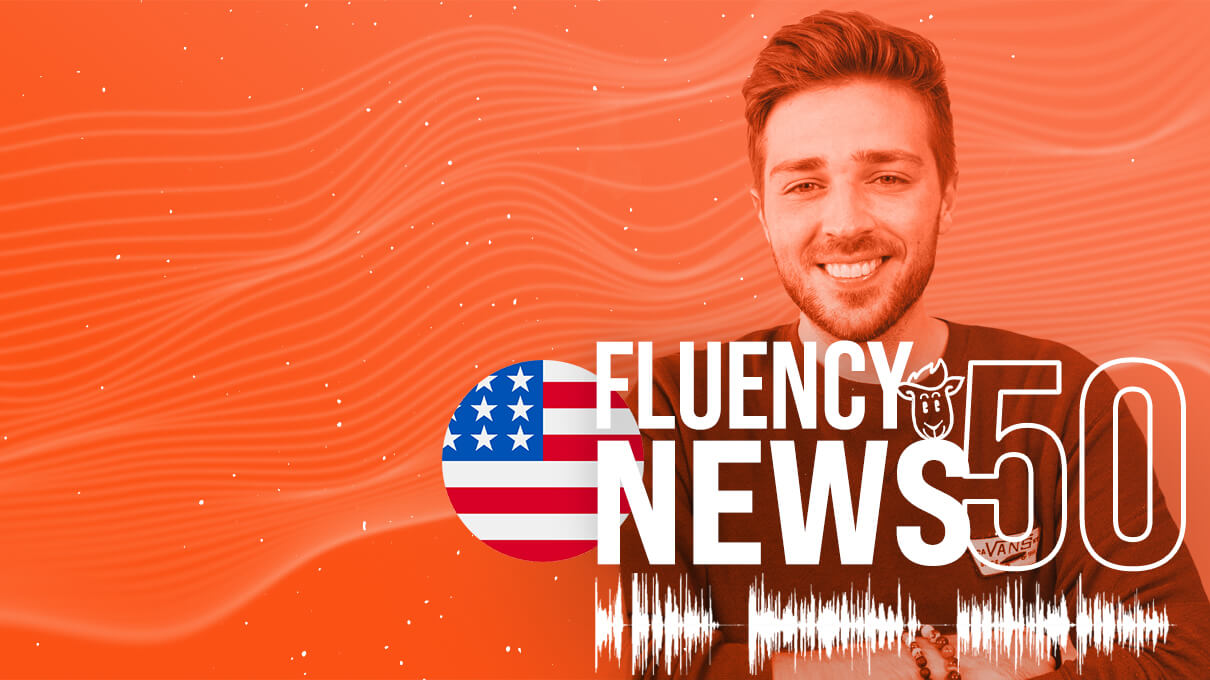
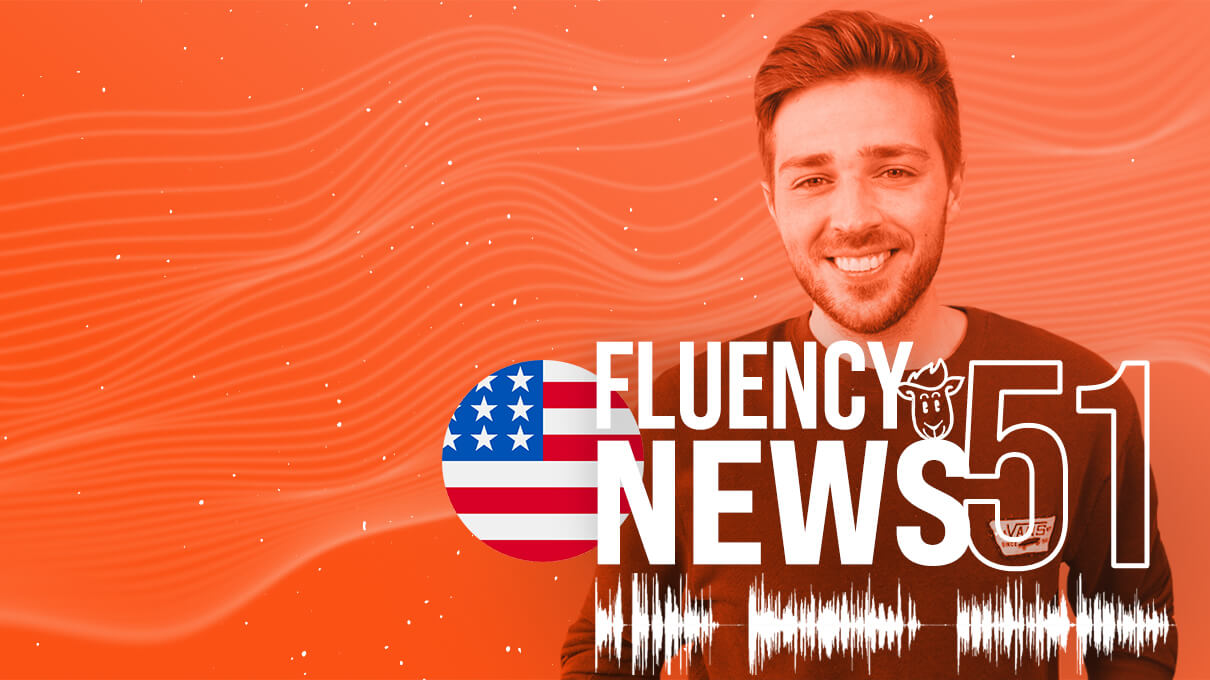


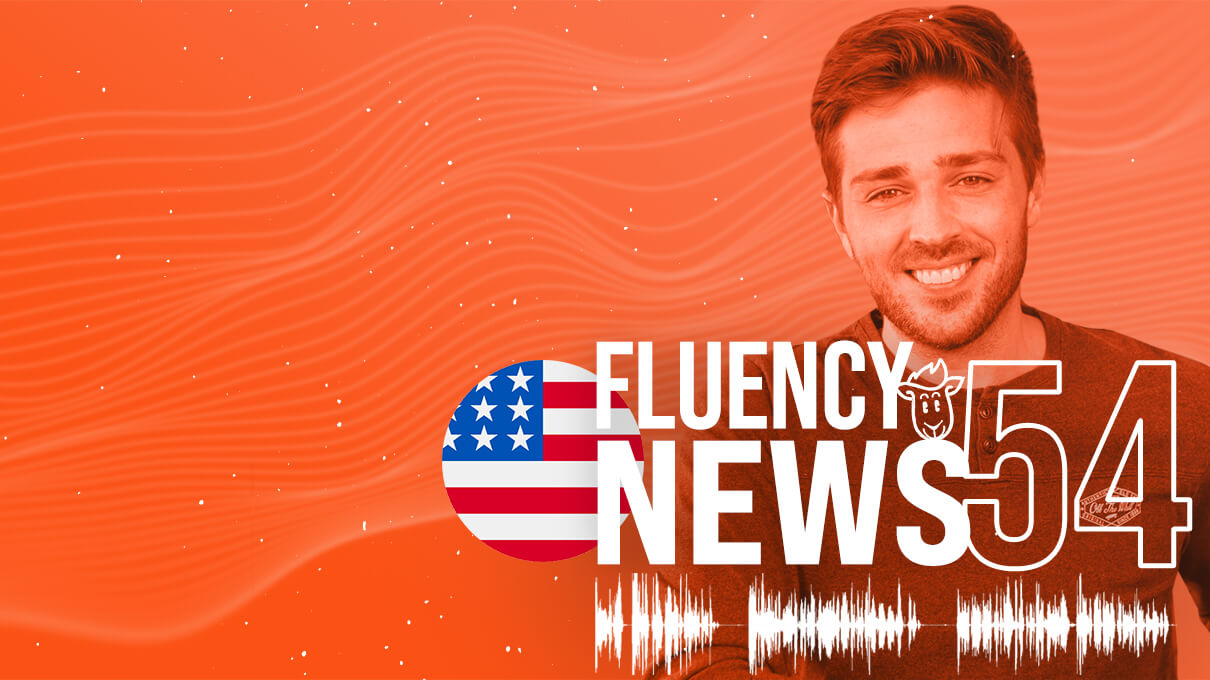






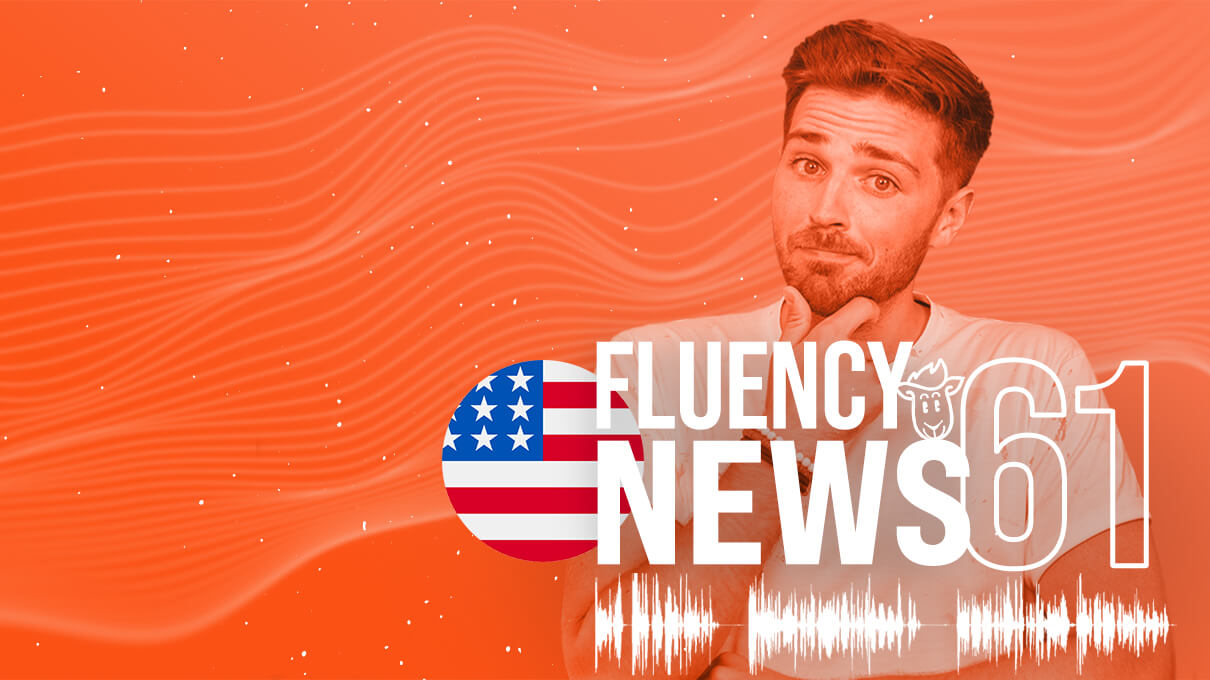
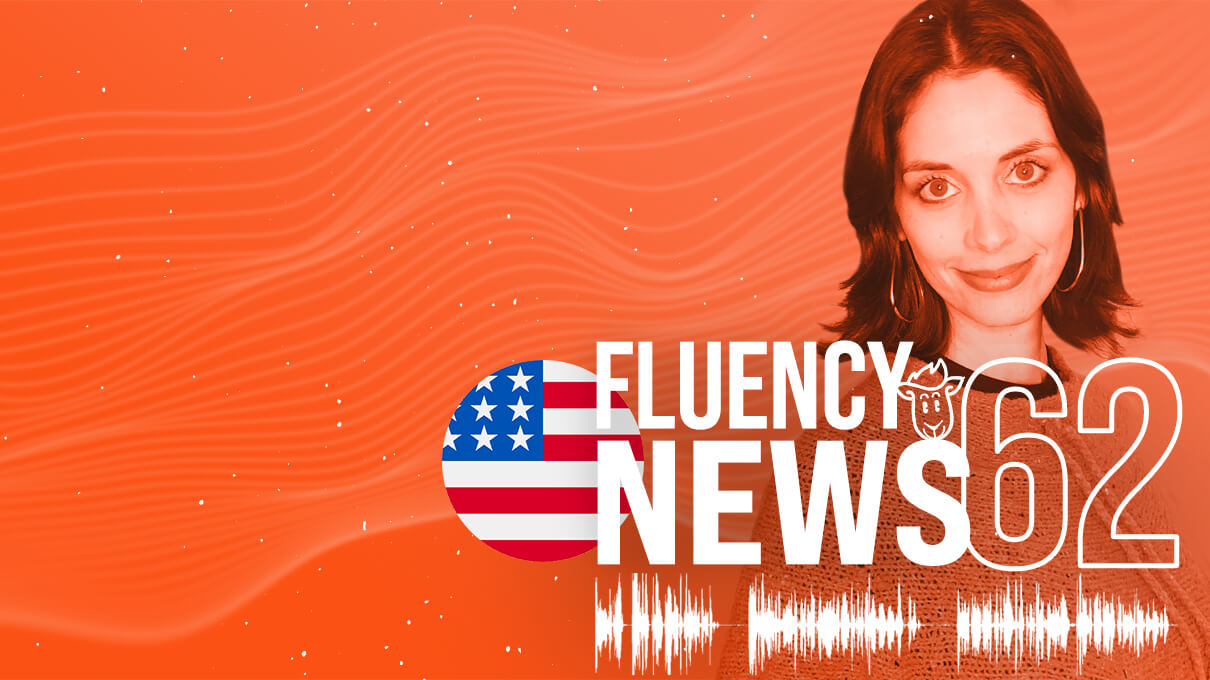

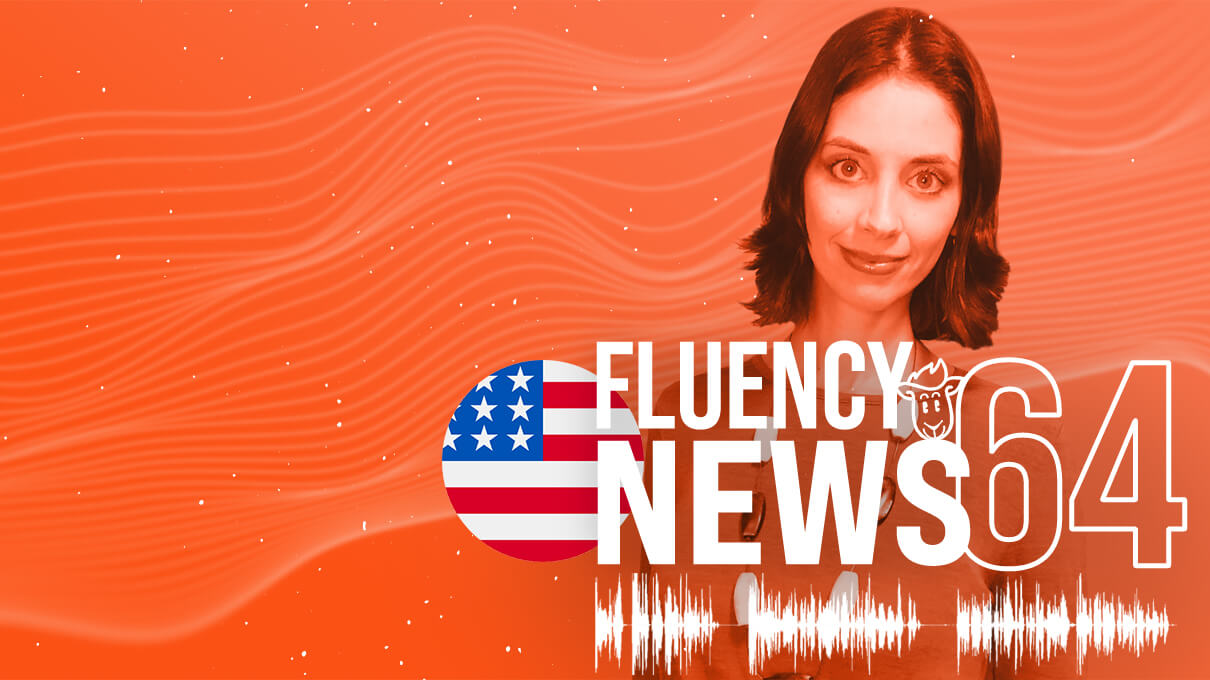


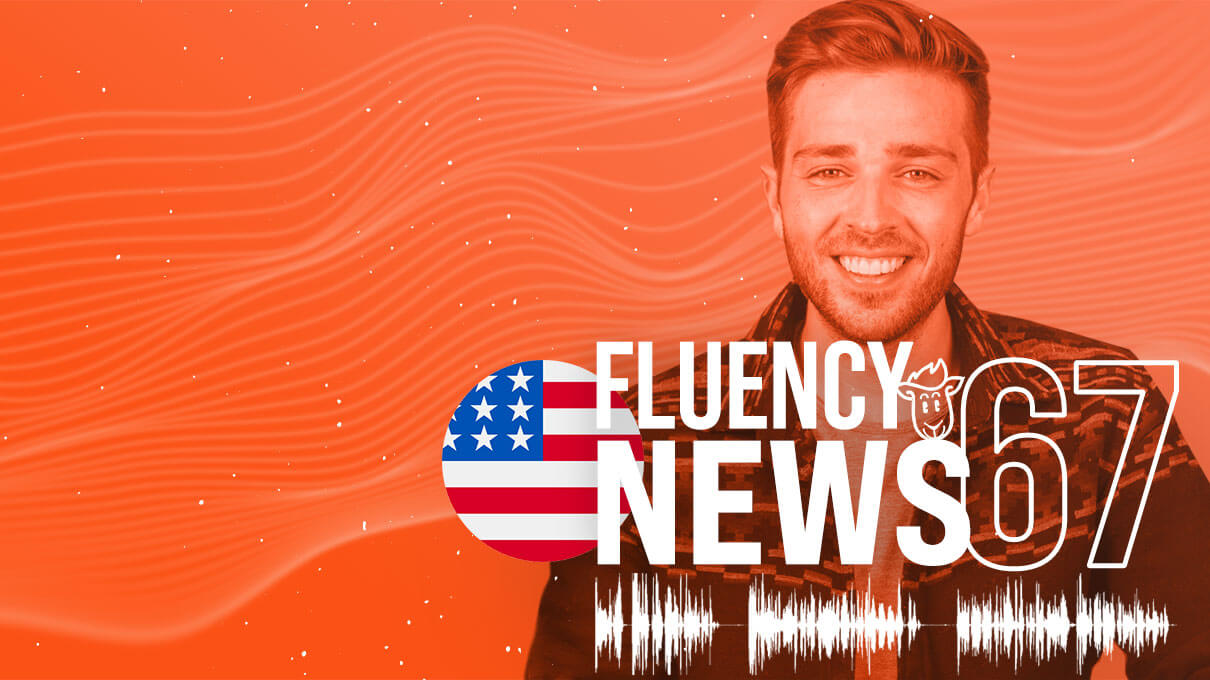
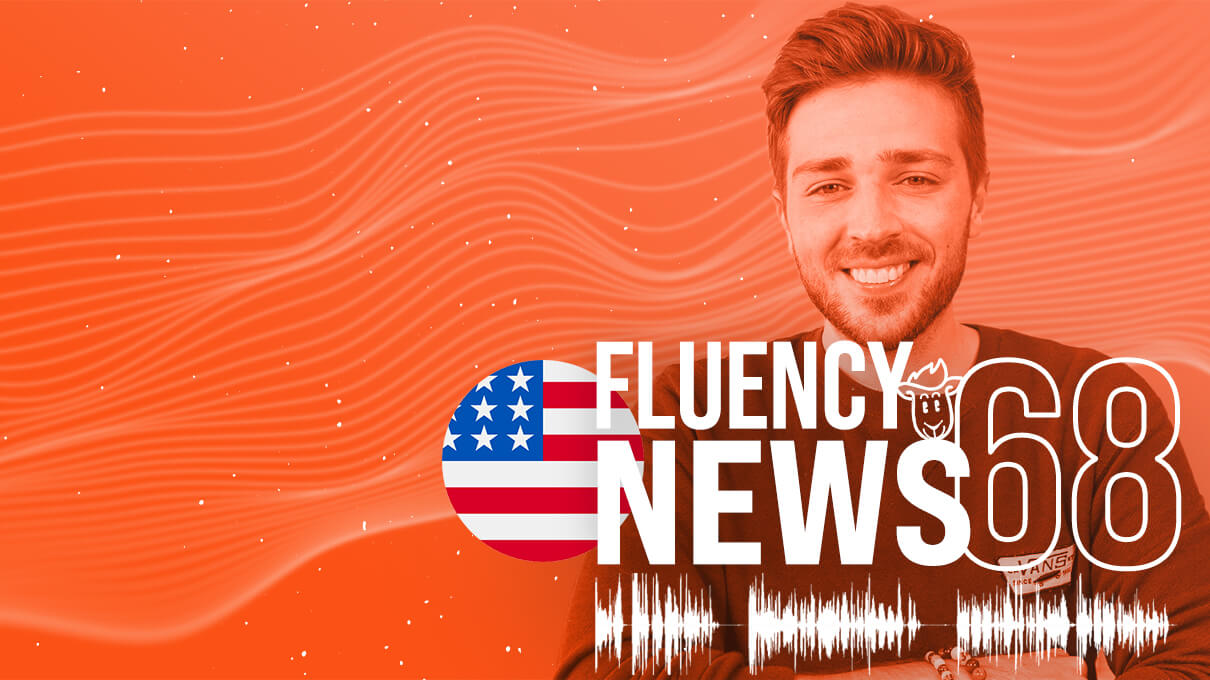
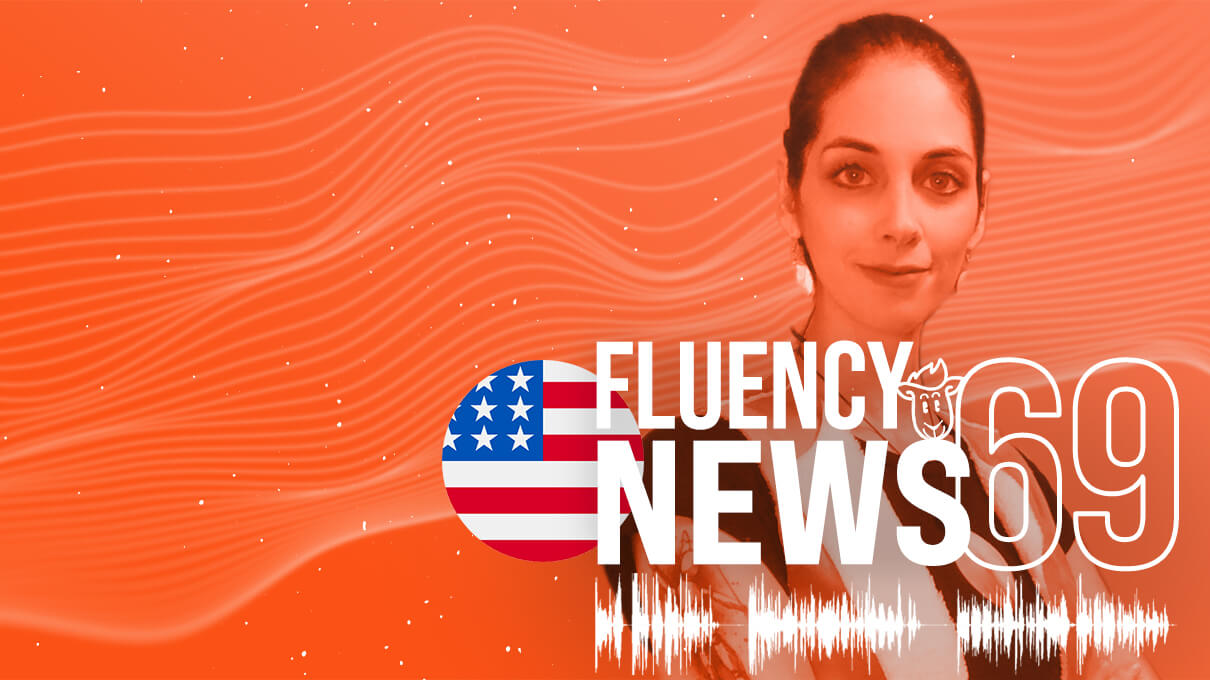
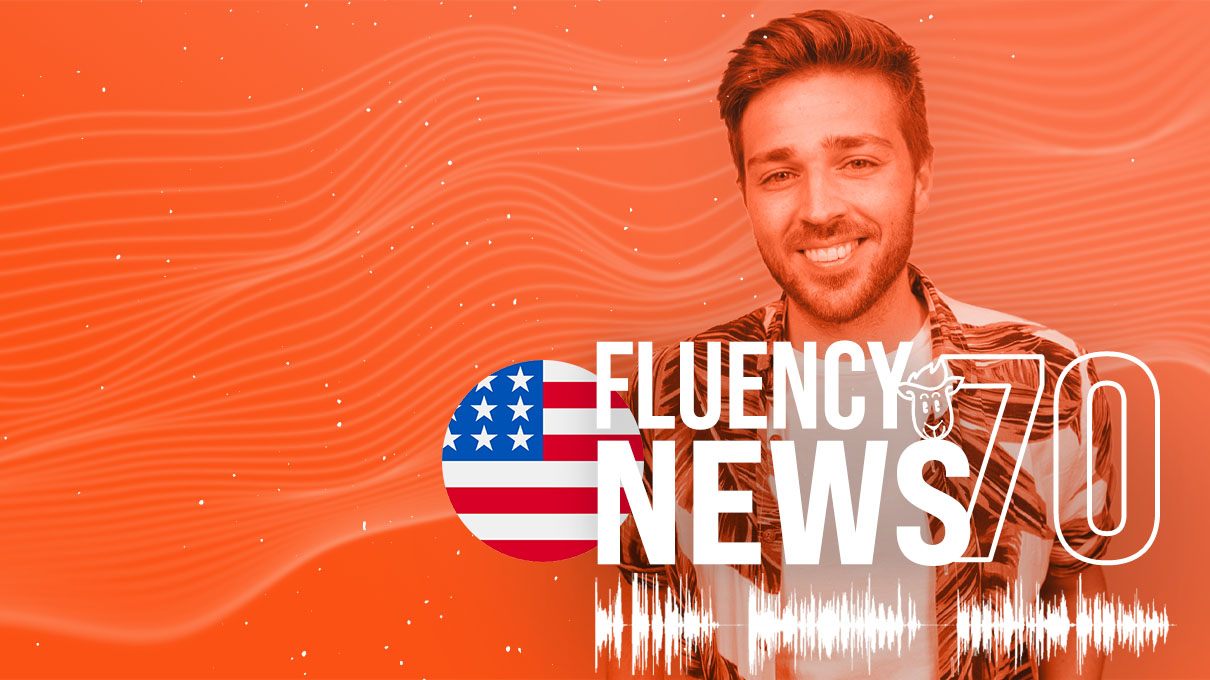
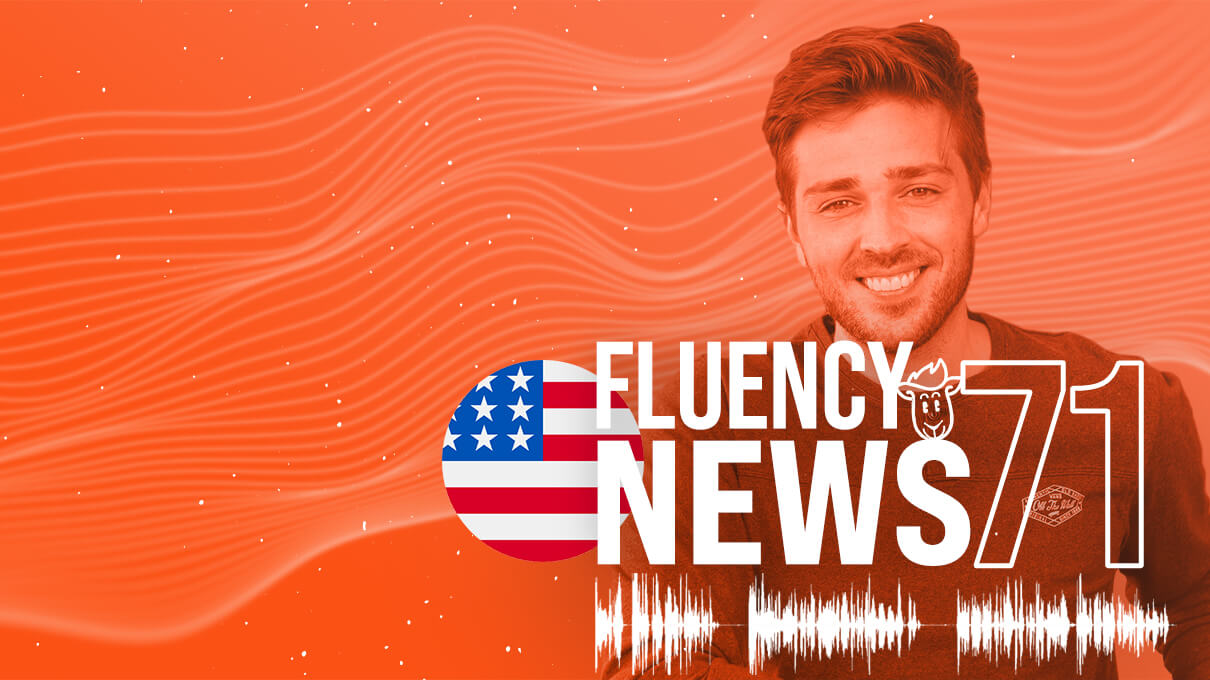
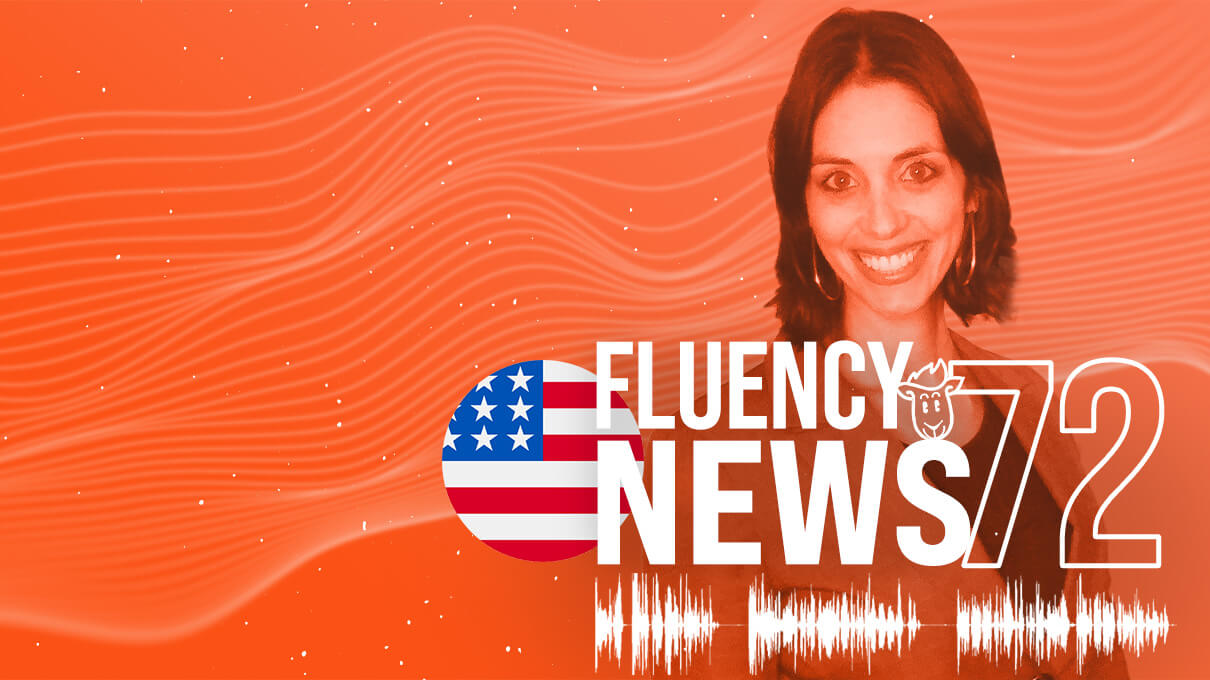
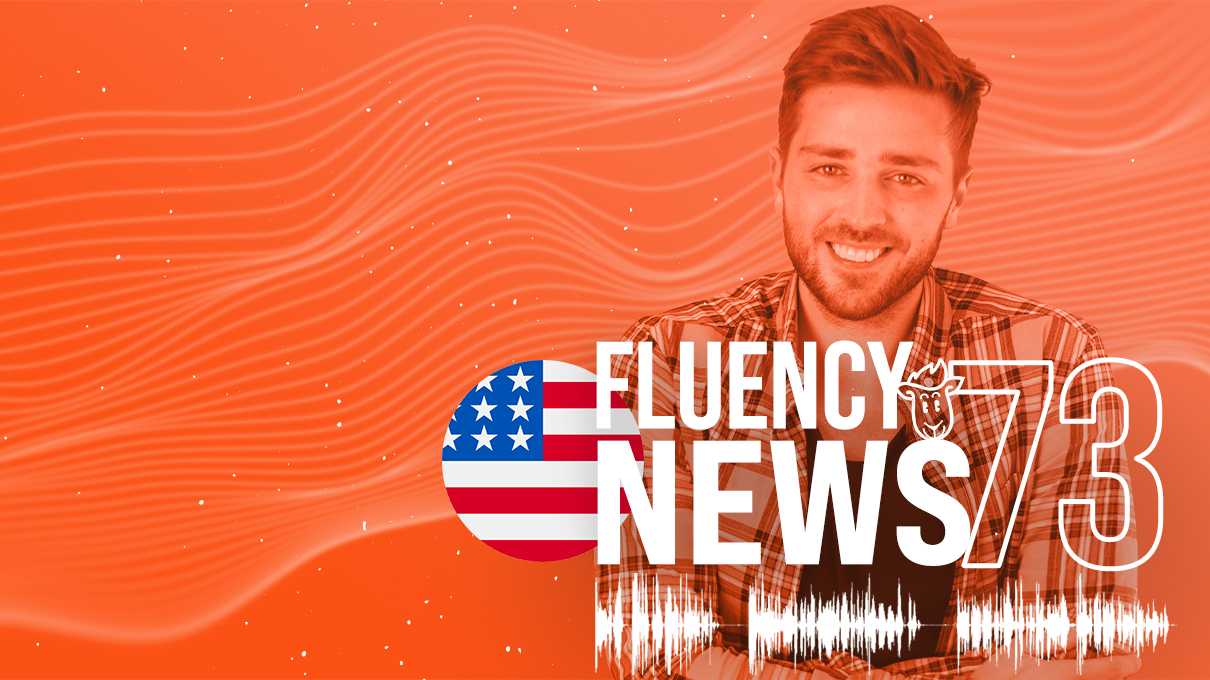
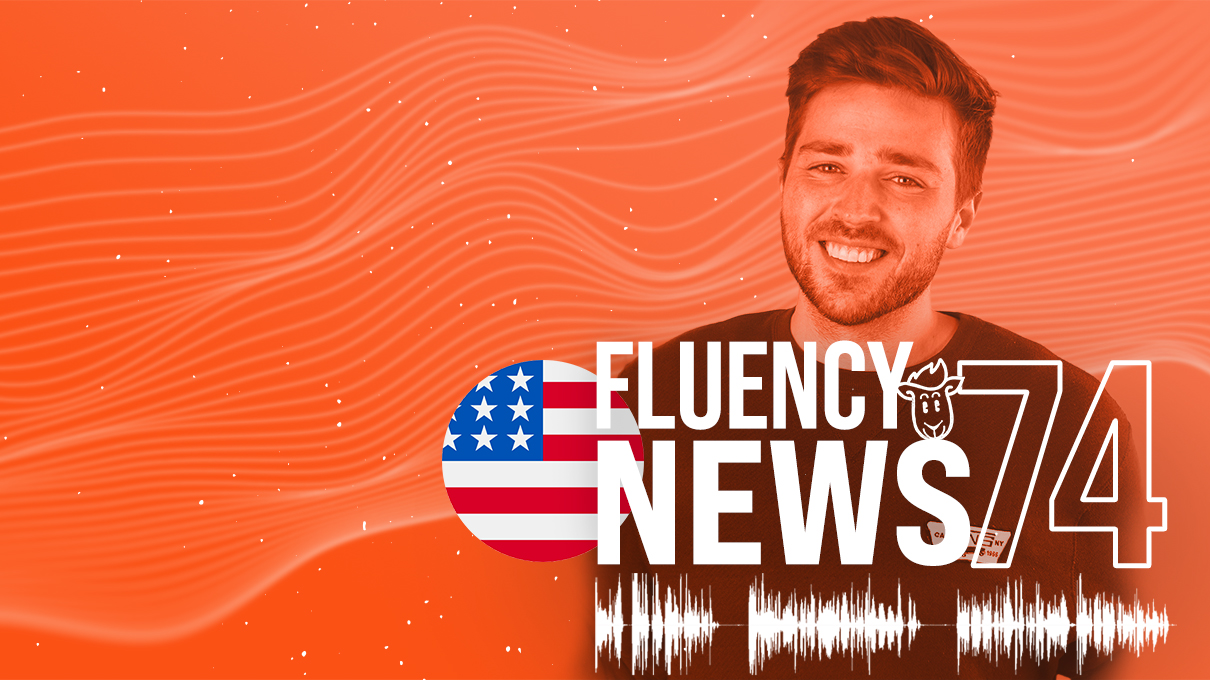
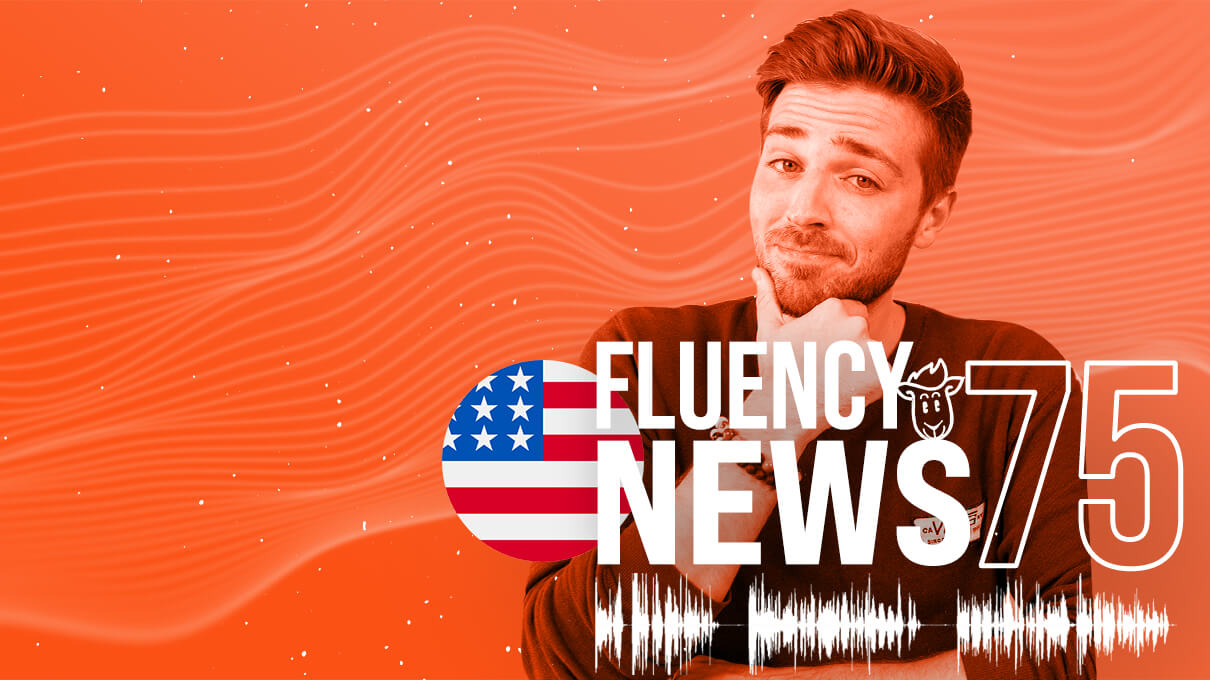
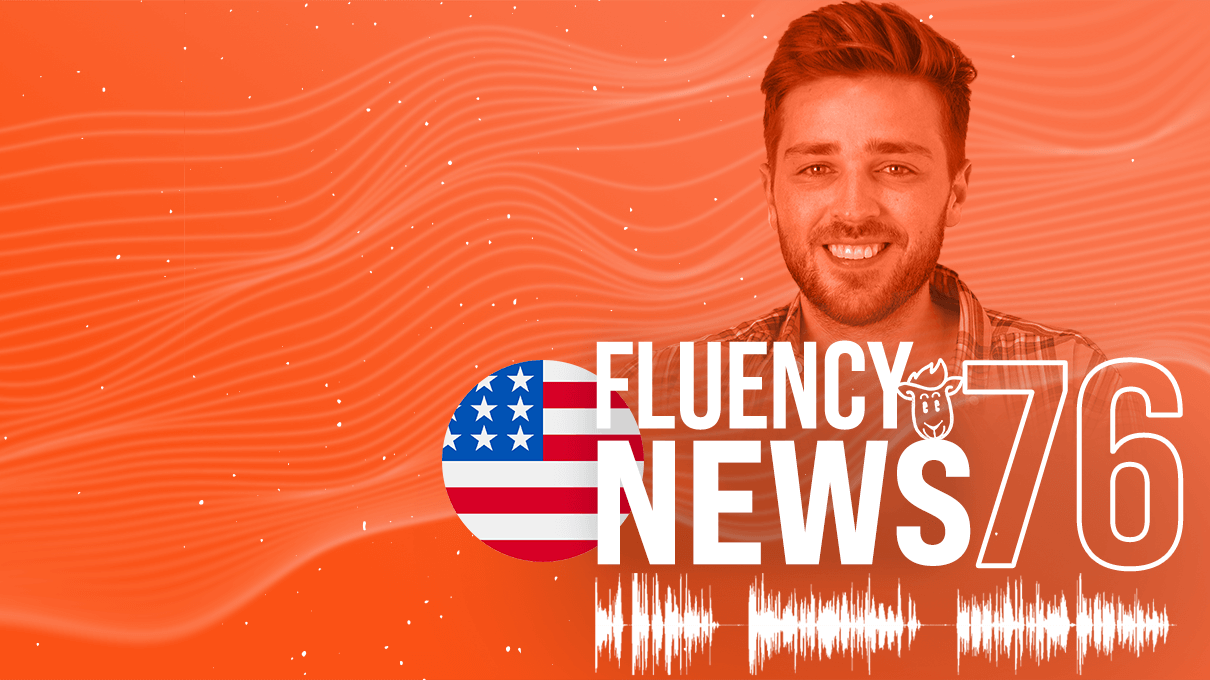
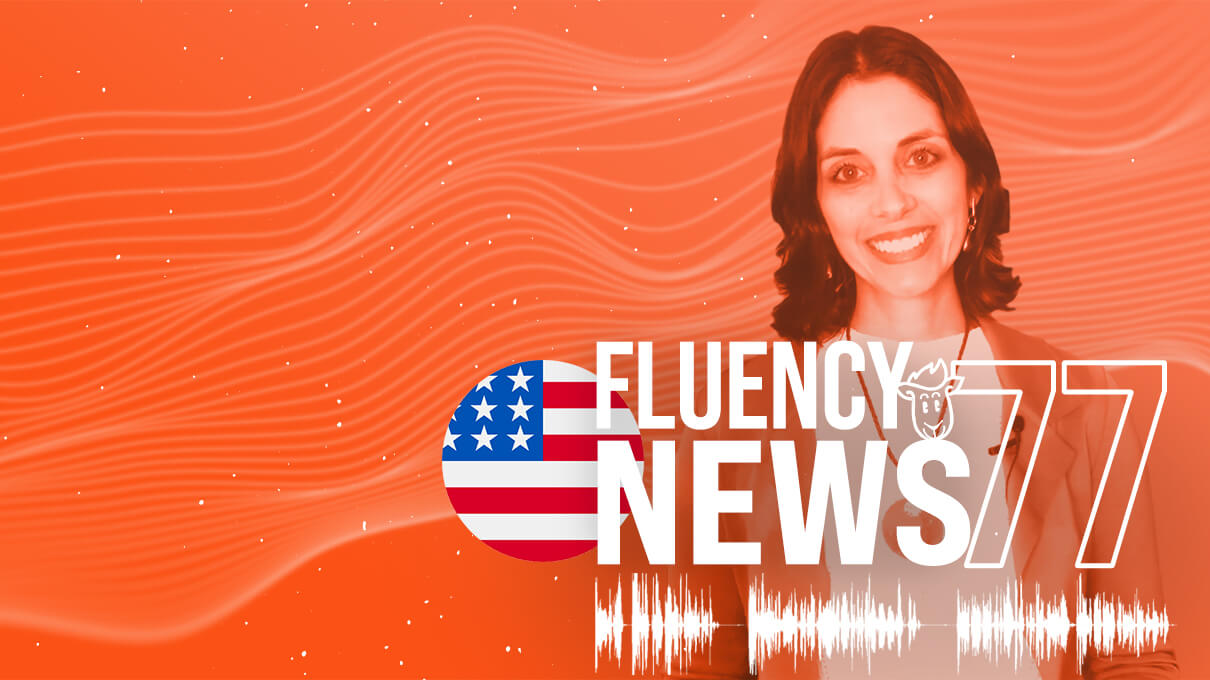
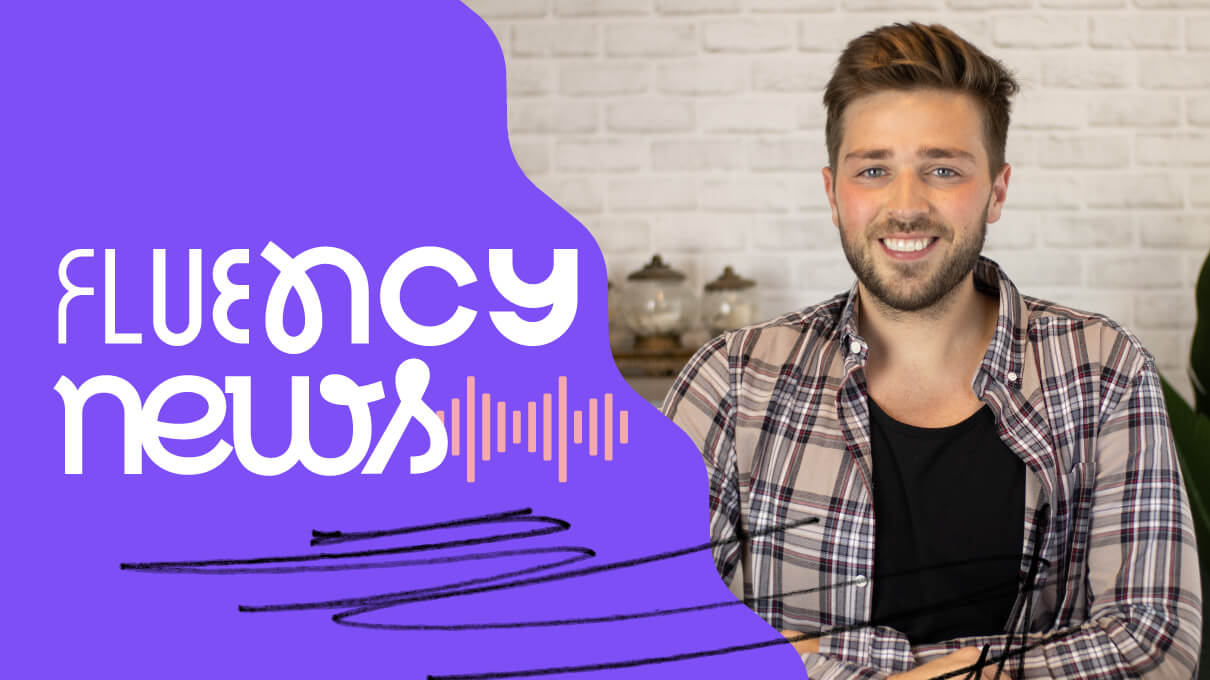
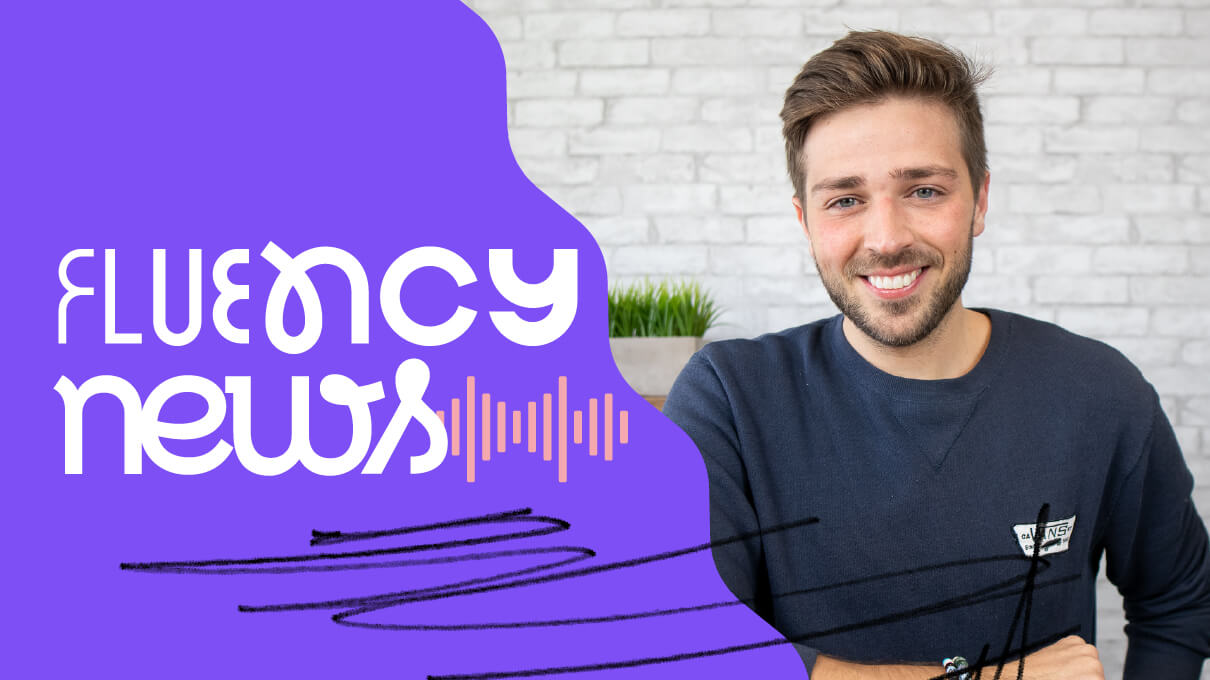
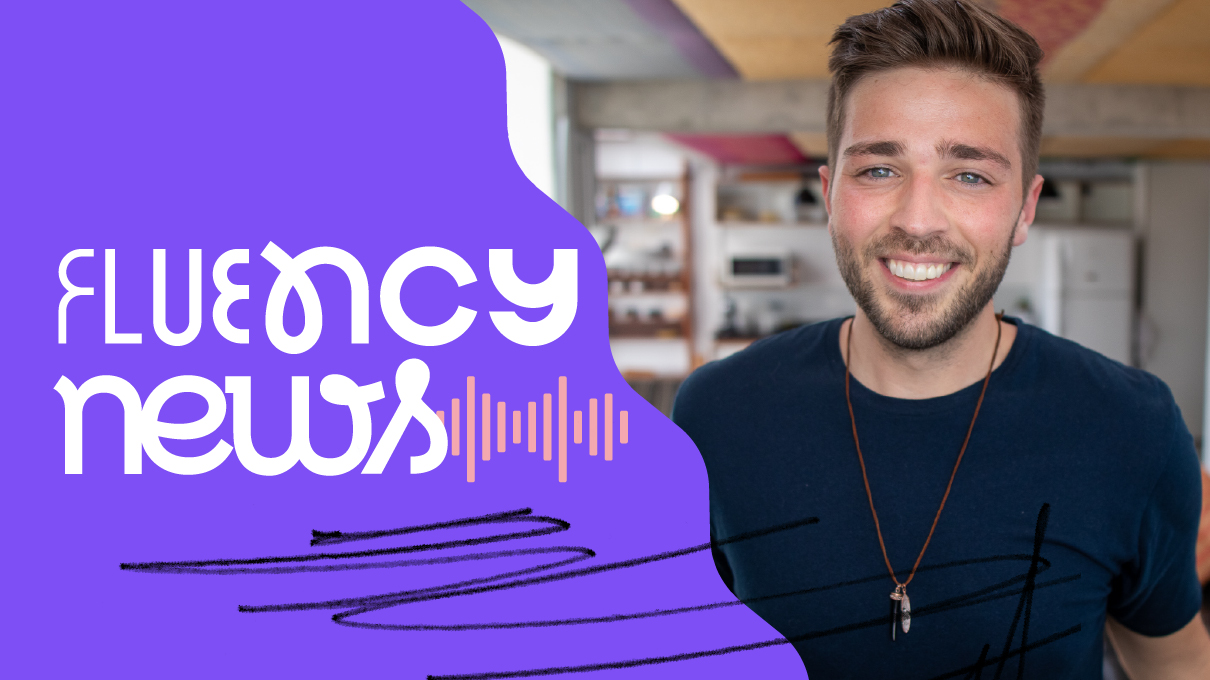
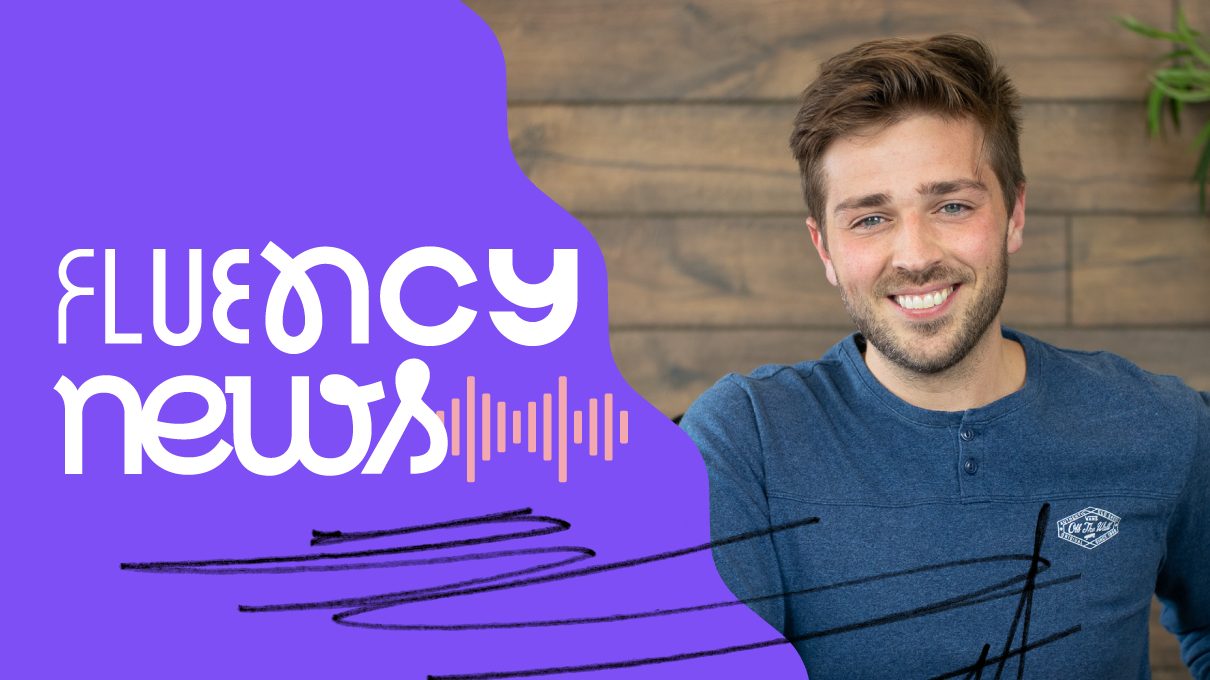
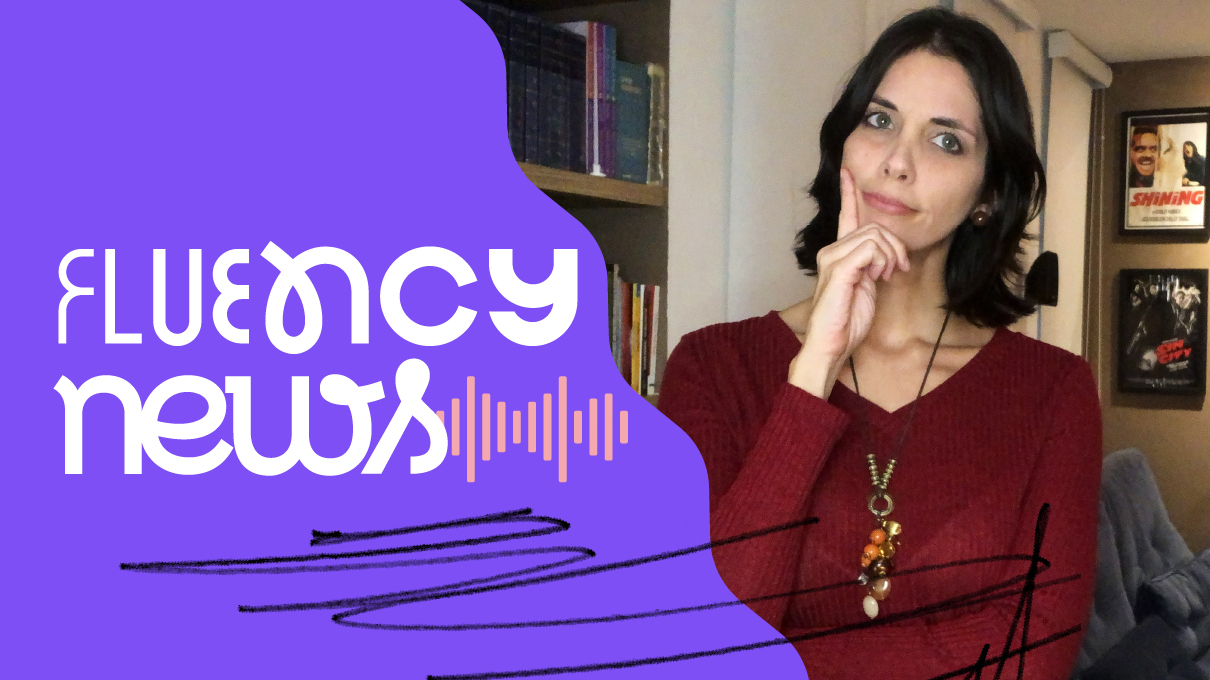
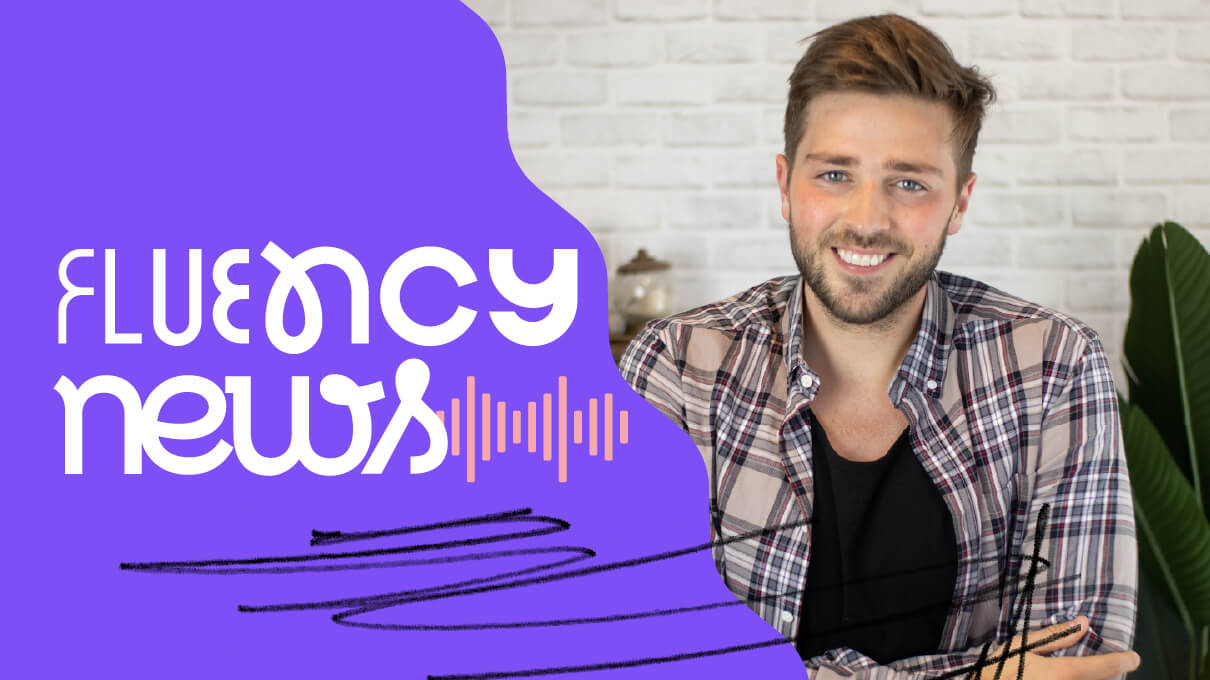
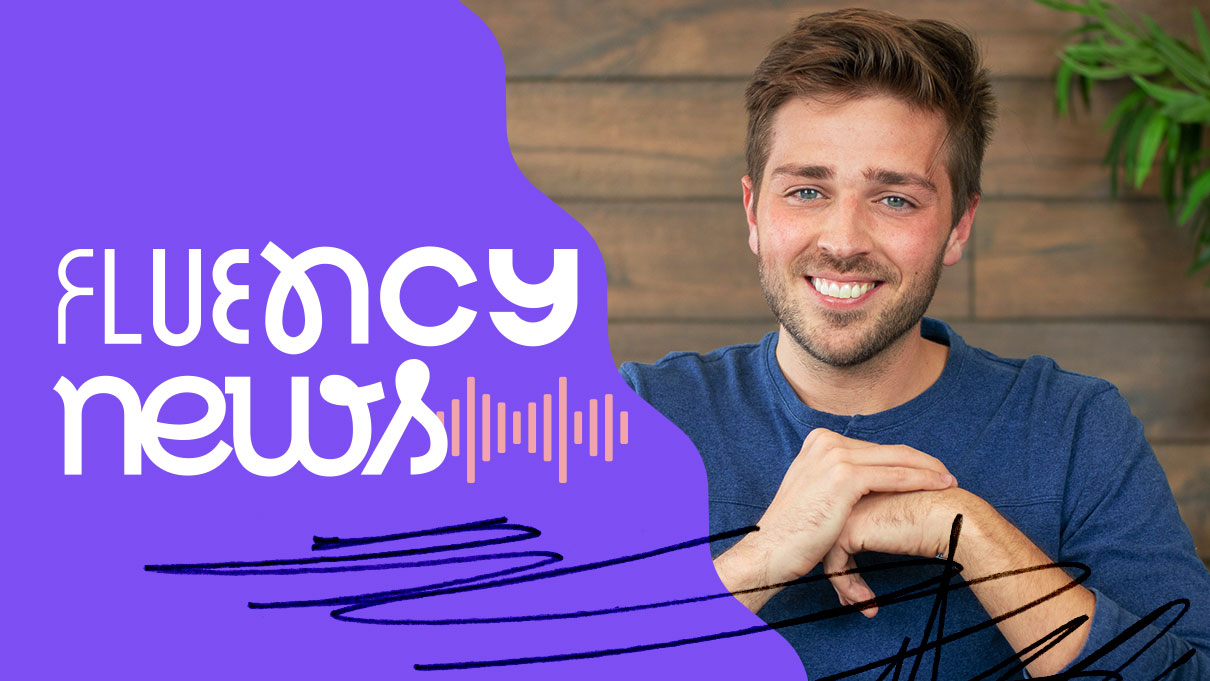
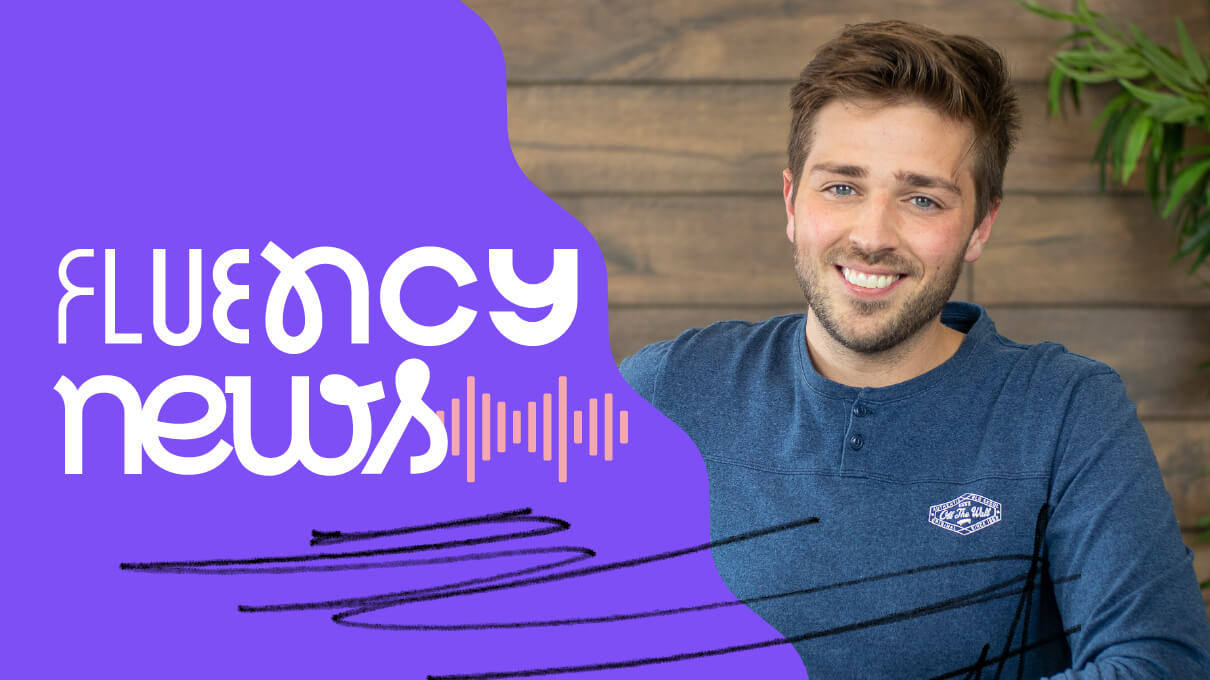

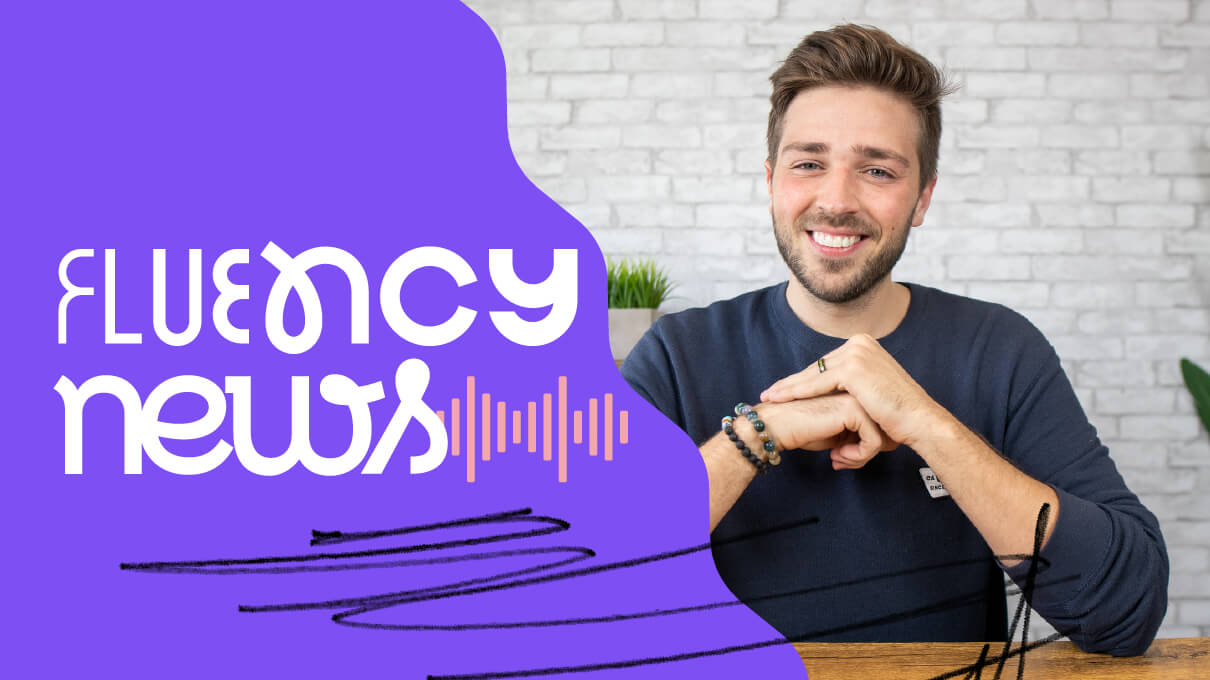
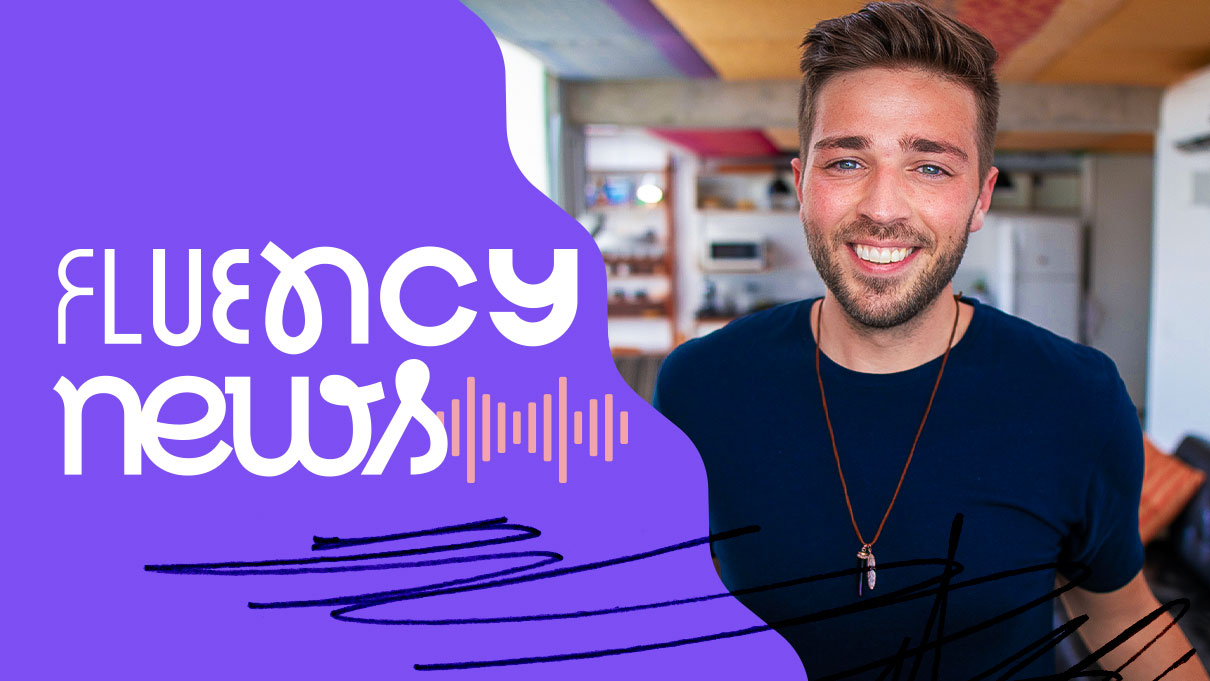




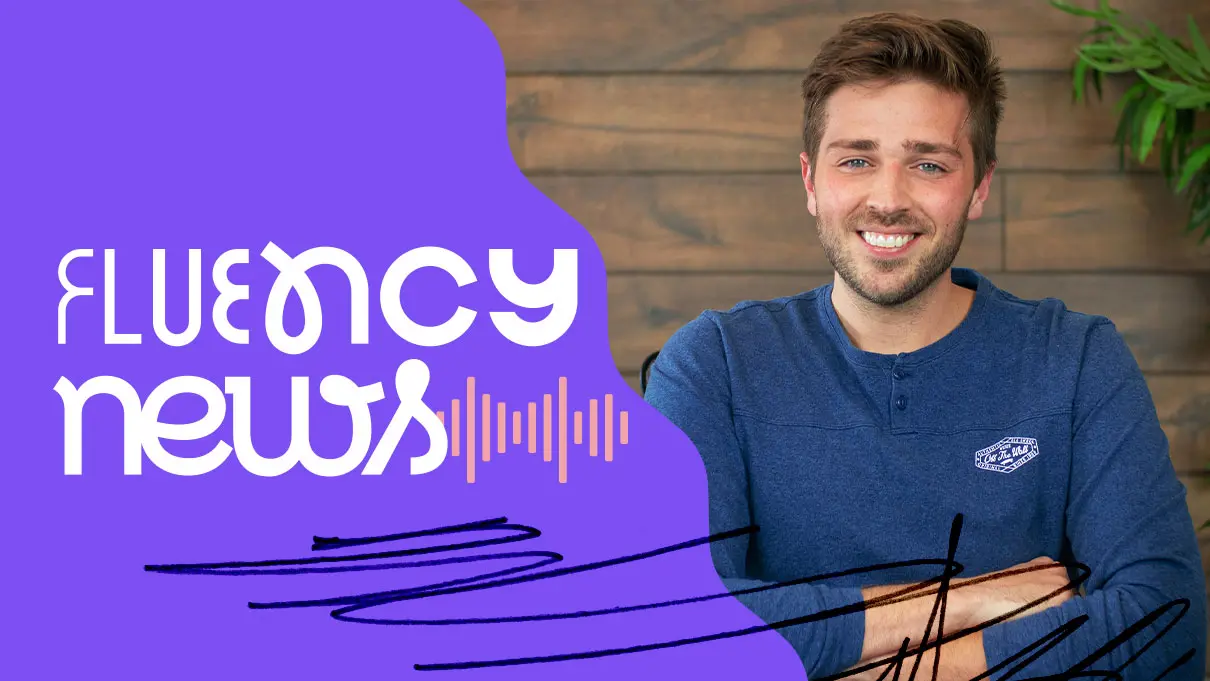
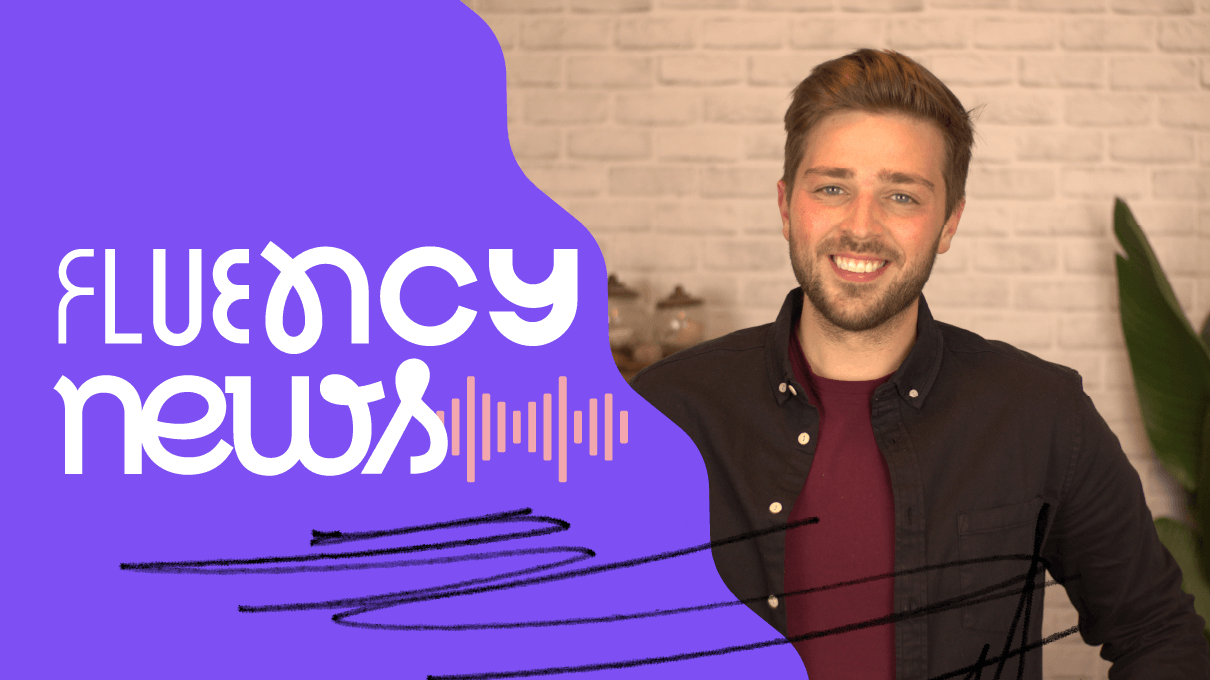







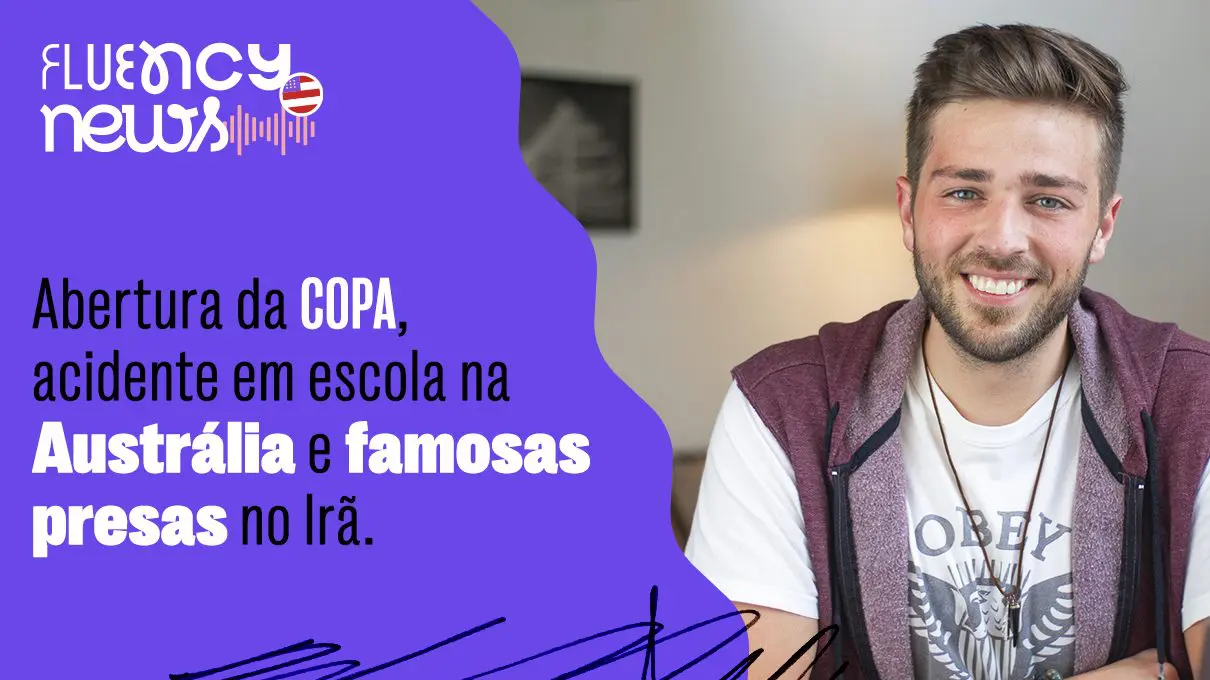
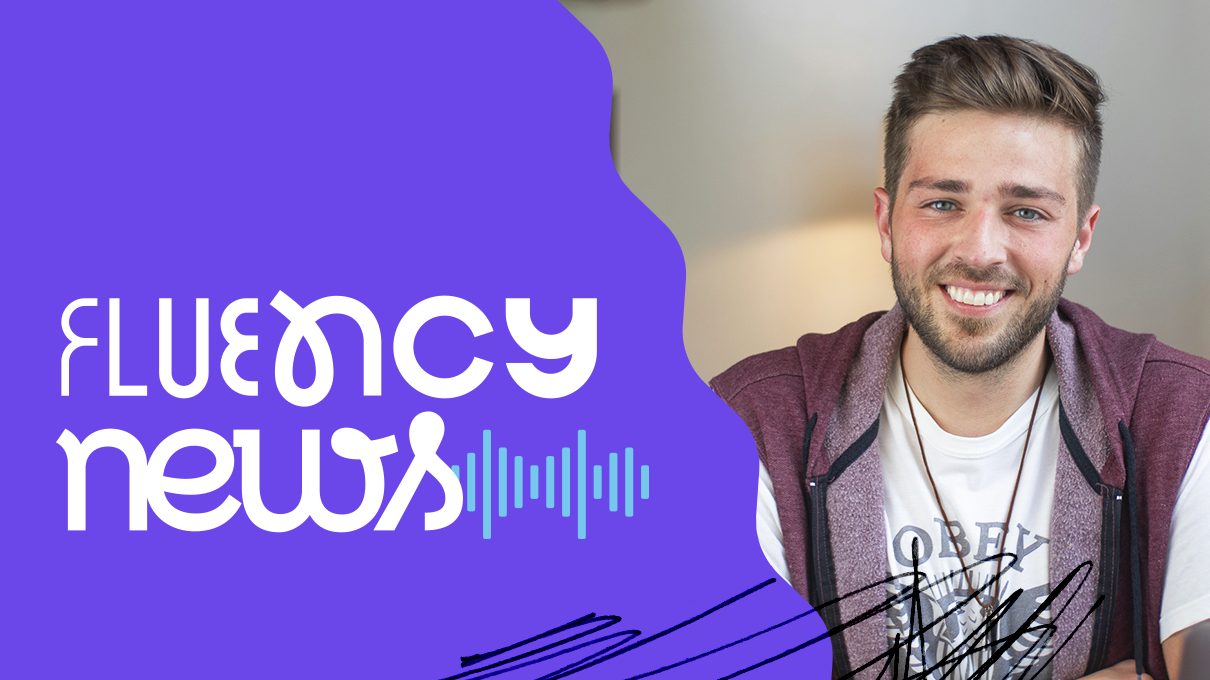
 Curso de Inglês
Curso de Inglês
 Curso de Espanhol
Curso de Espanhol
 Curso de Francês
Curso de Francês
 Curso de Mandarim
Curso de Mandarim
 Curso de Italiano
Curso de Italiano
 Curso de Japonês
Curso de Japonês
 Curso de Alemão
Curso de Alemão
 Curso de Coreano
Curso de Coreano







 Blog
Blog  Podcast
Podcast  Lives
Lives  Aulas
Aulas  eBooks
eBooks  Minicursos
Minicursos














